We Dive Into Your Projects
What were the projects or initiatives you worked on? We probe to understand the scope, the stakes, and the significance.
"Tell me about the biggest project you led last year..."54+ Management Resume Examples
In Management, you're competing with 800 applicants per search
You're Not Rejected.
— You're Overlooked —
We fix your management resume with one conversation
The strongest management and executive resumes lead with P&L results, team development outcomes, strategic transformation impact, and financial acumen — not org chart titles or years in leadership. Hiring managers and boards at Fortune 500 companies, private equity firms, and growth-stage organizations scan for revenue growth, cost optimization, team scale, and proof that your leadership drove measurable business results. Every resume sample on this page was built through a 1-on-1 interview that extracted the specific leadership and operational outcomes that differentiate candidates in a field averaging 800 competitors per job search.
Each management resume sample below was written through our 1-on-1 interview process. Click any management resume example to see the full sample and learn how we transformed their experience into proof.
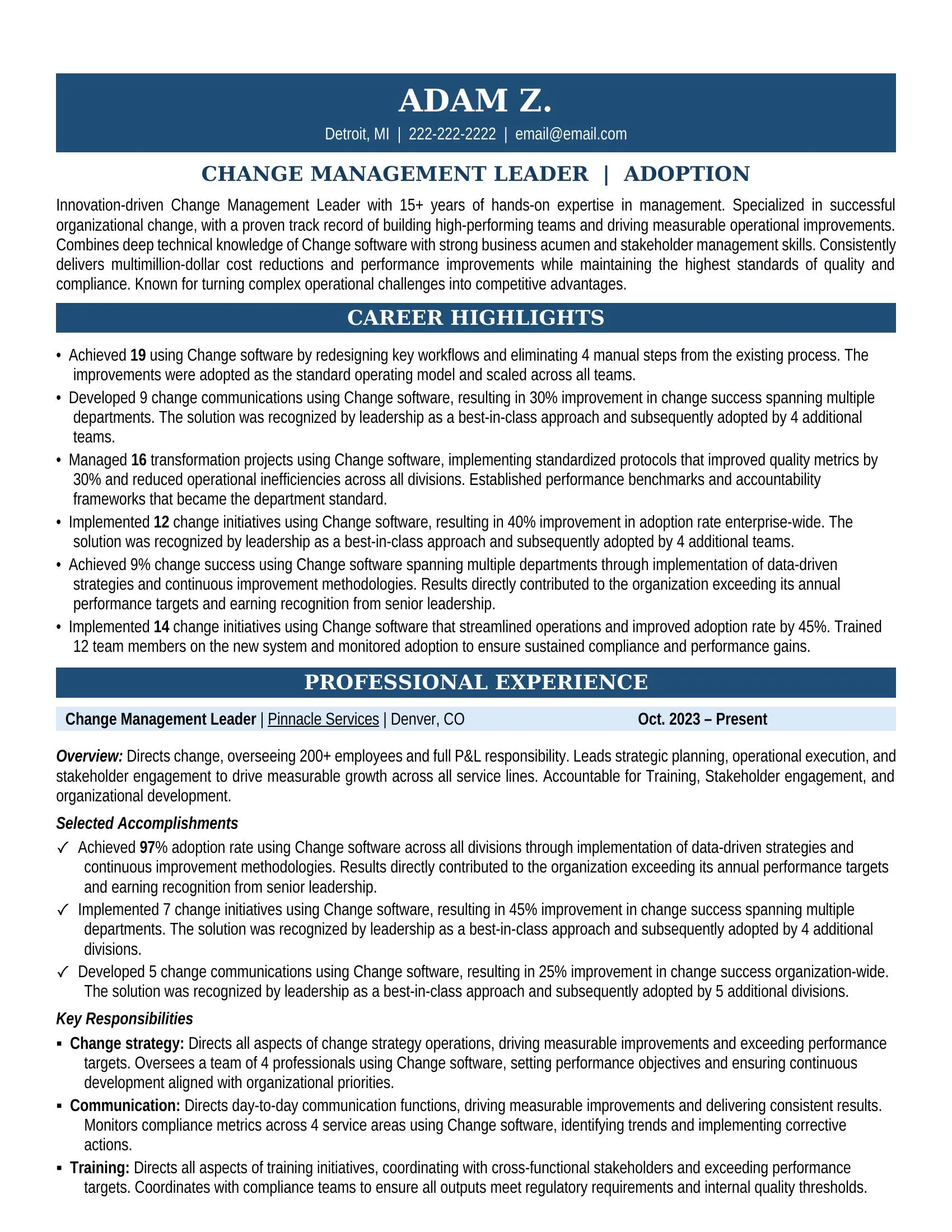

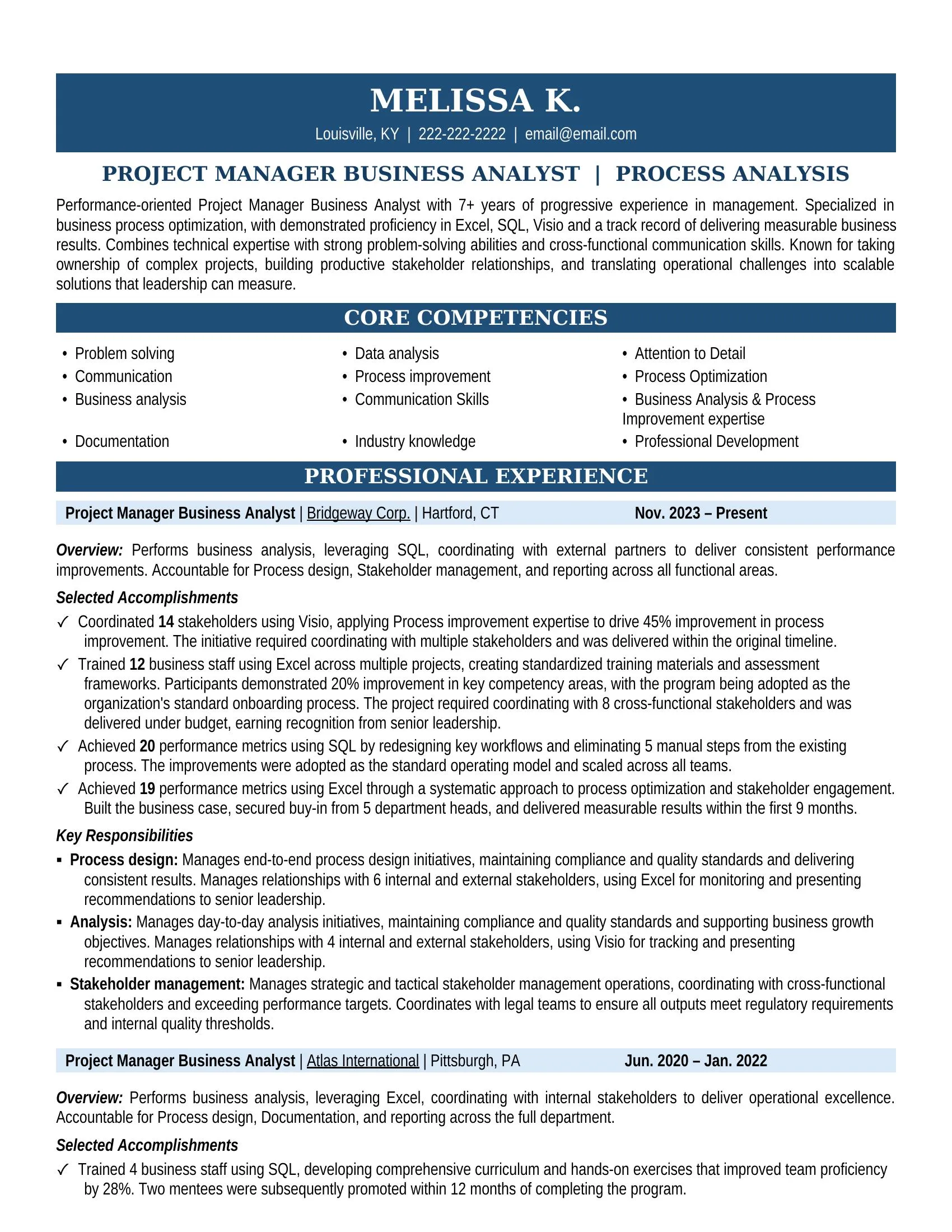
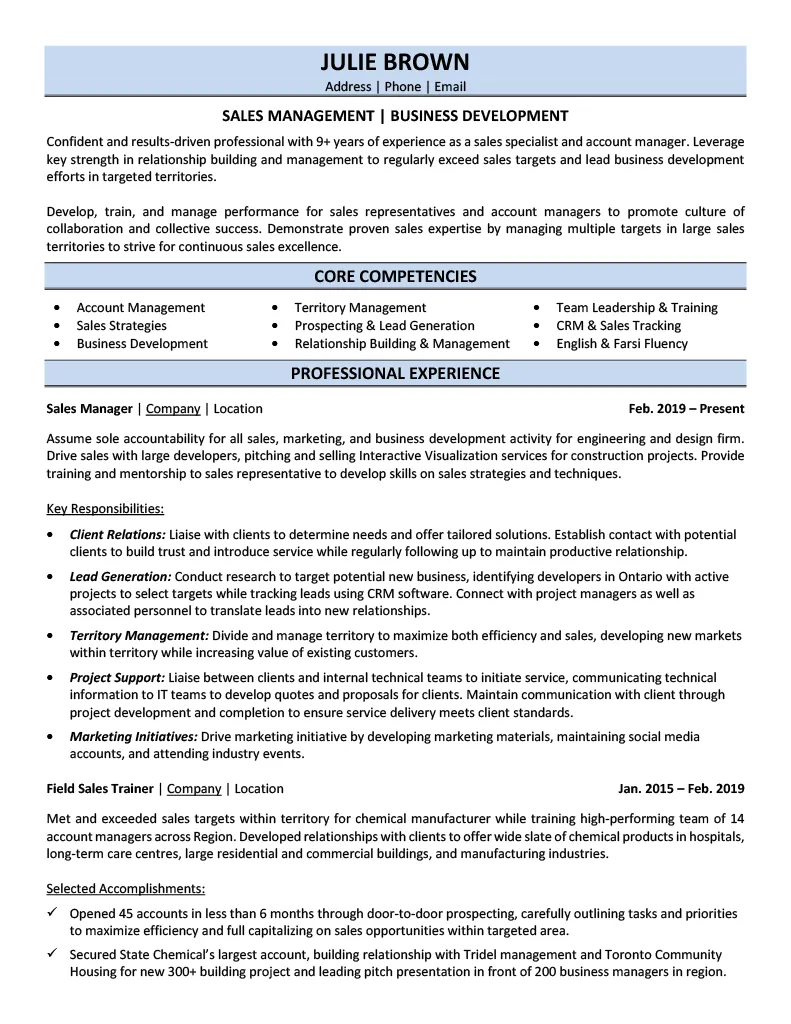
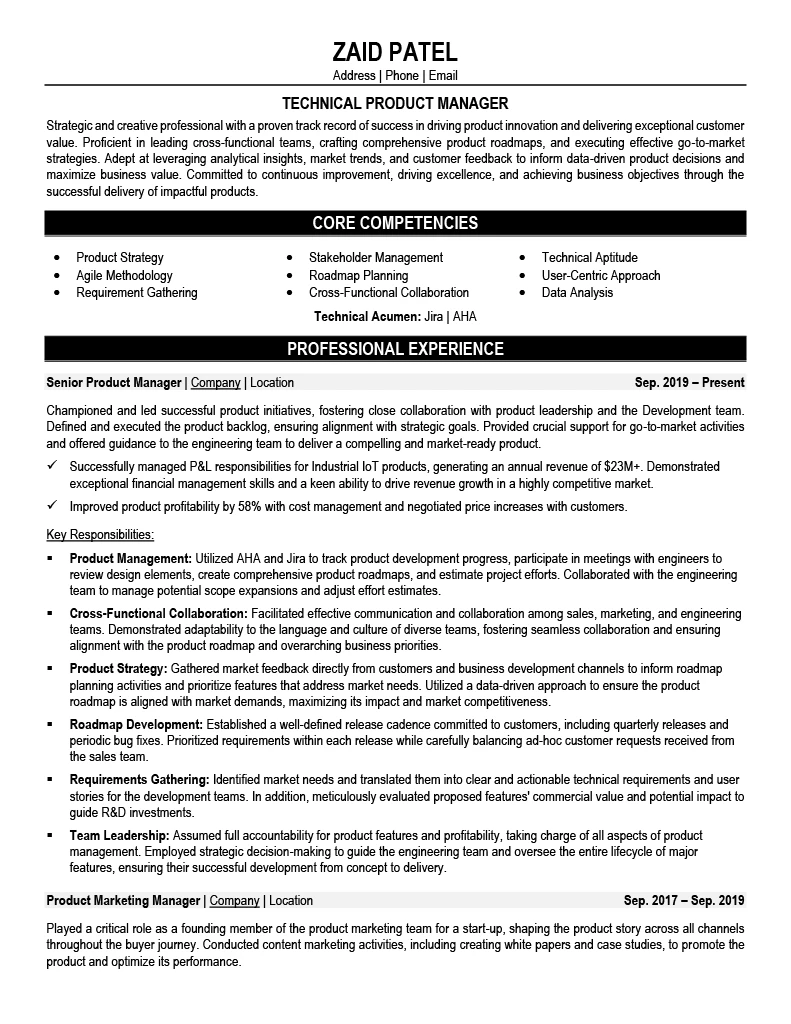
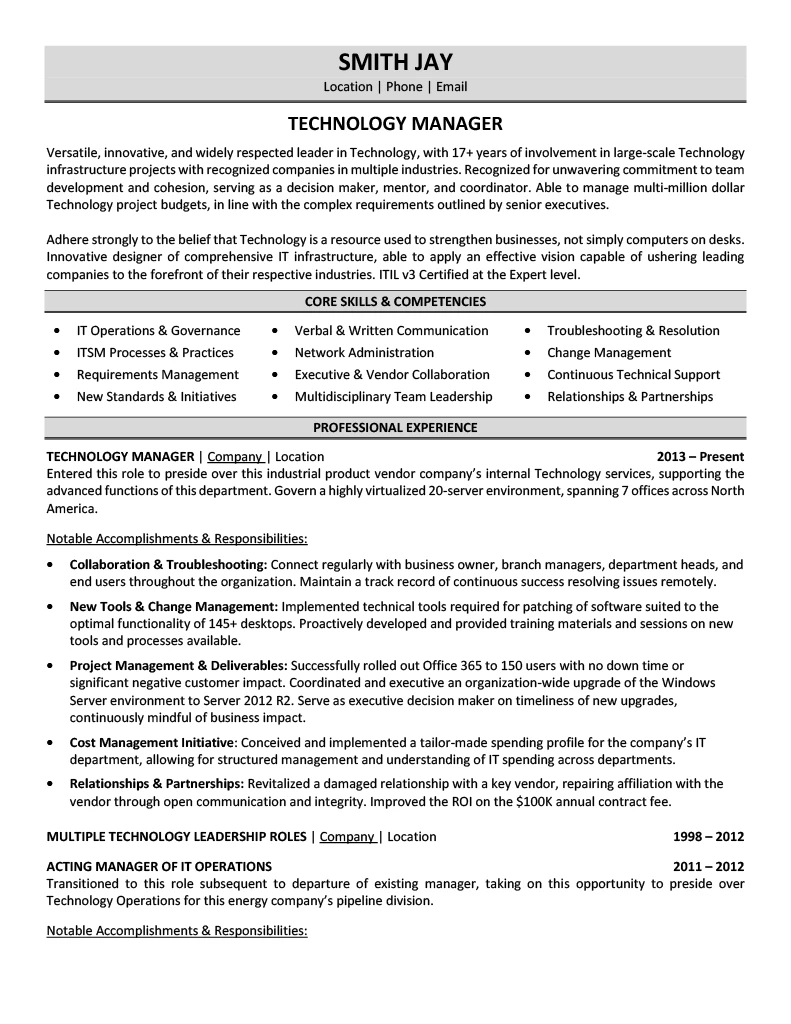
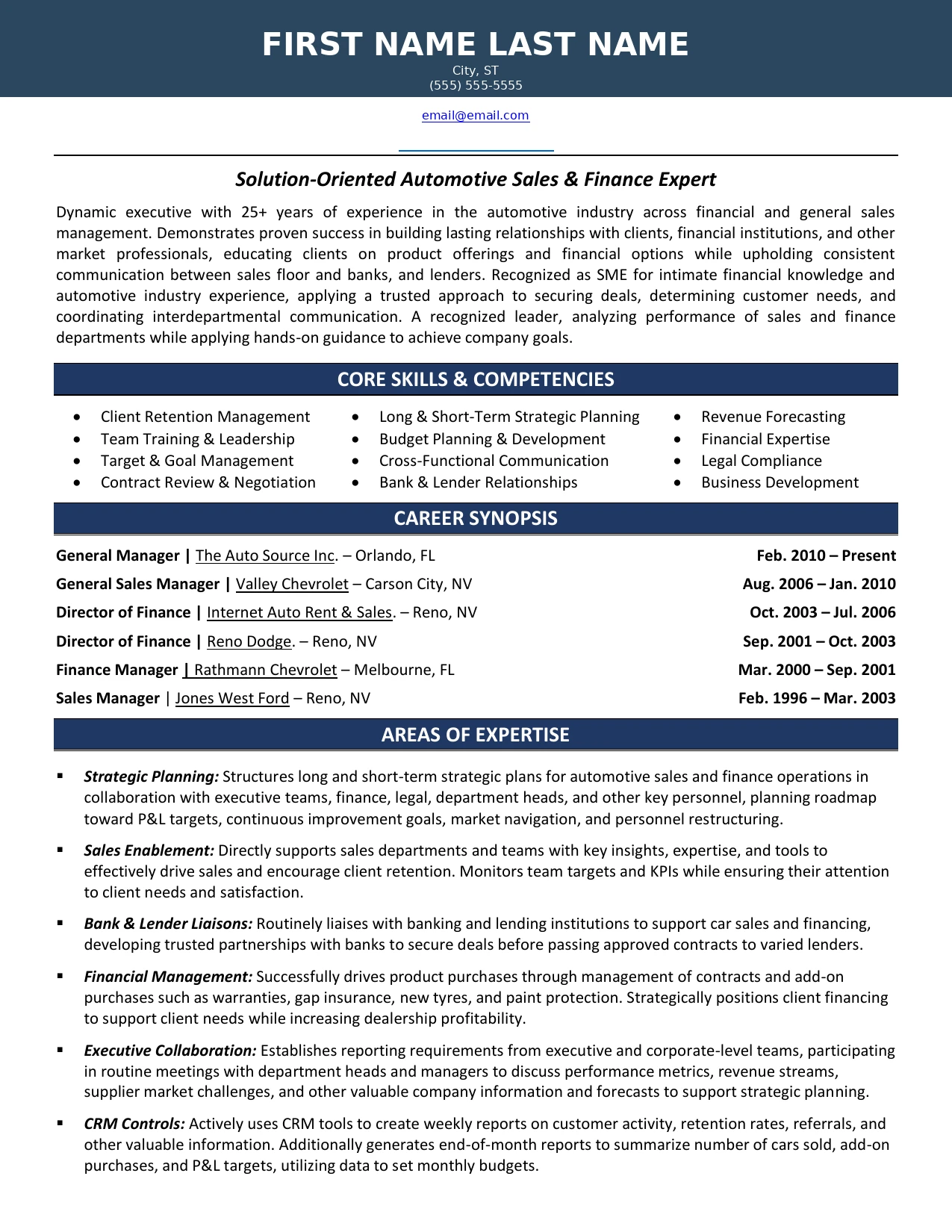
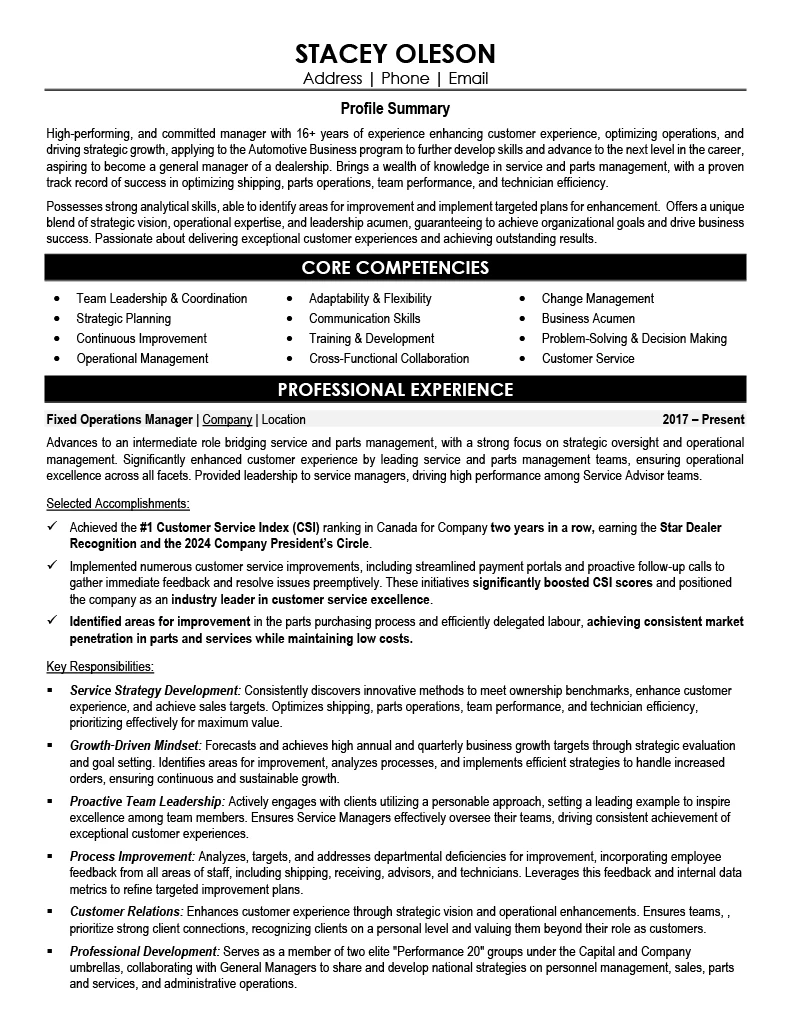
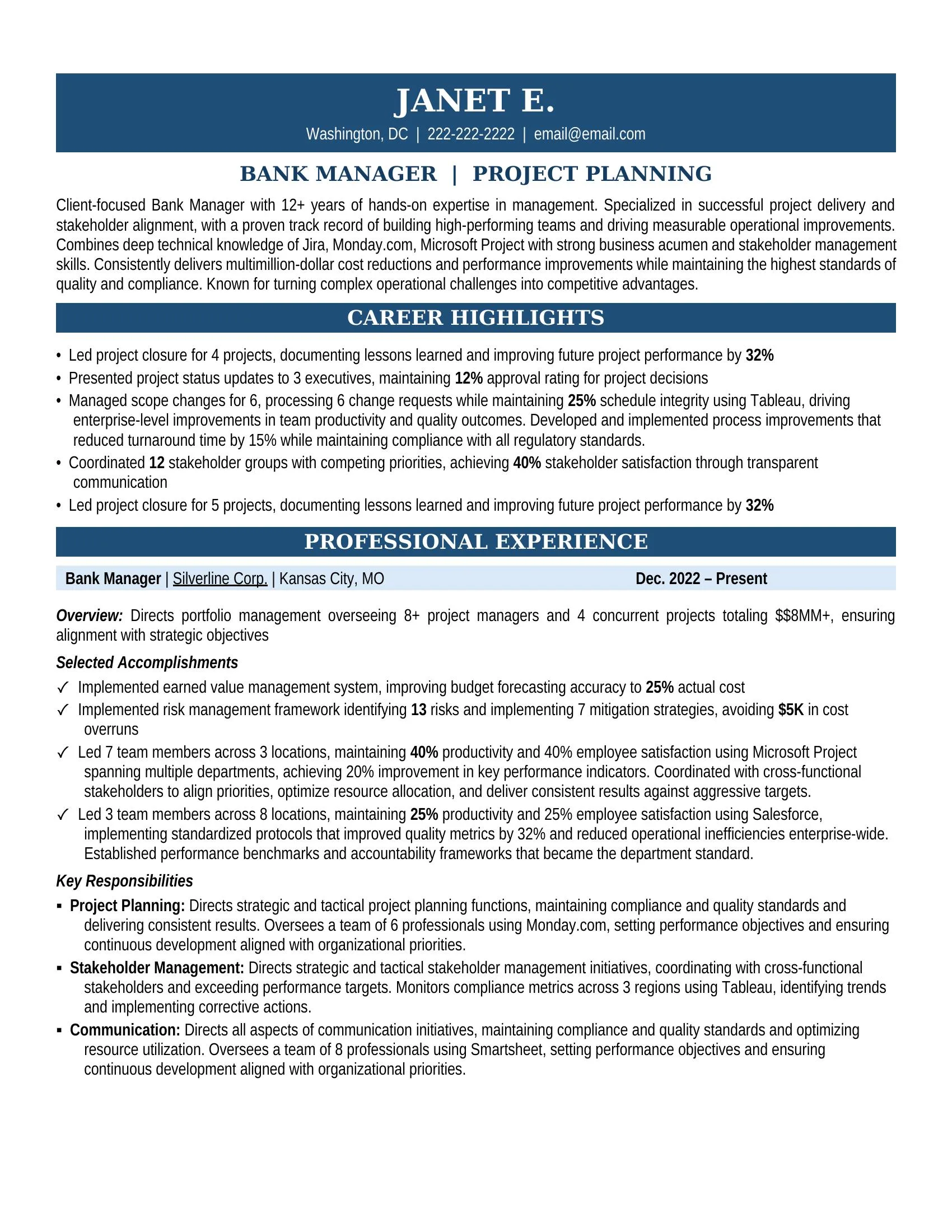

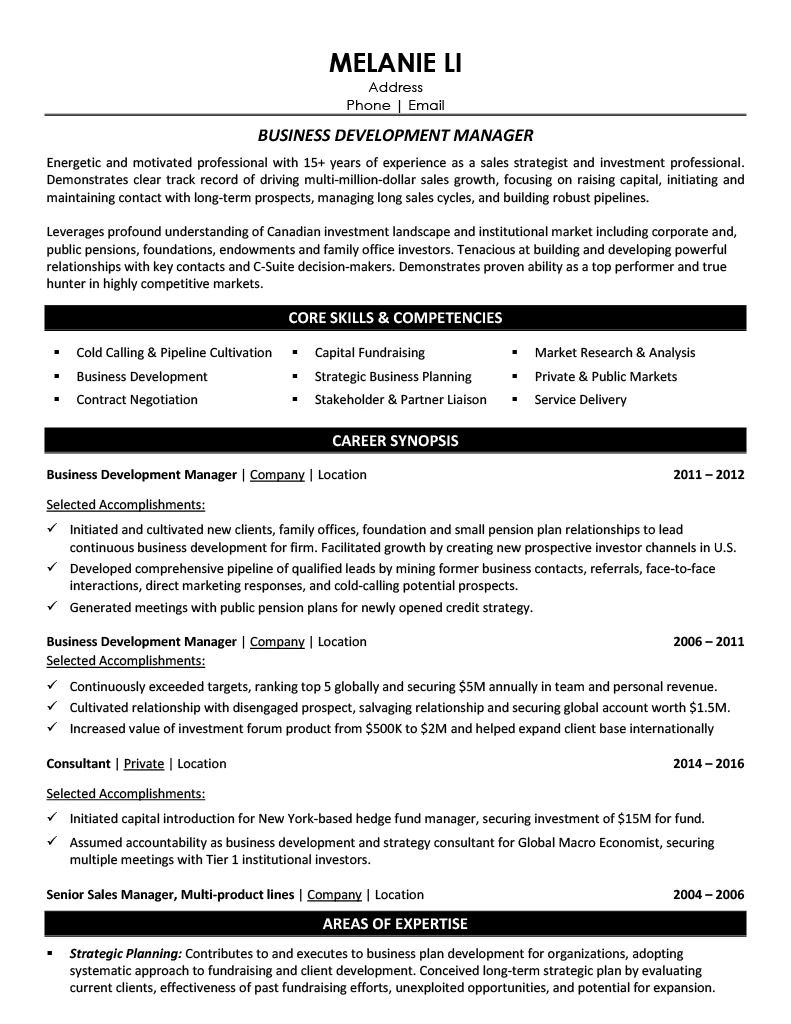
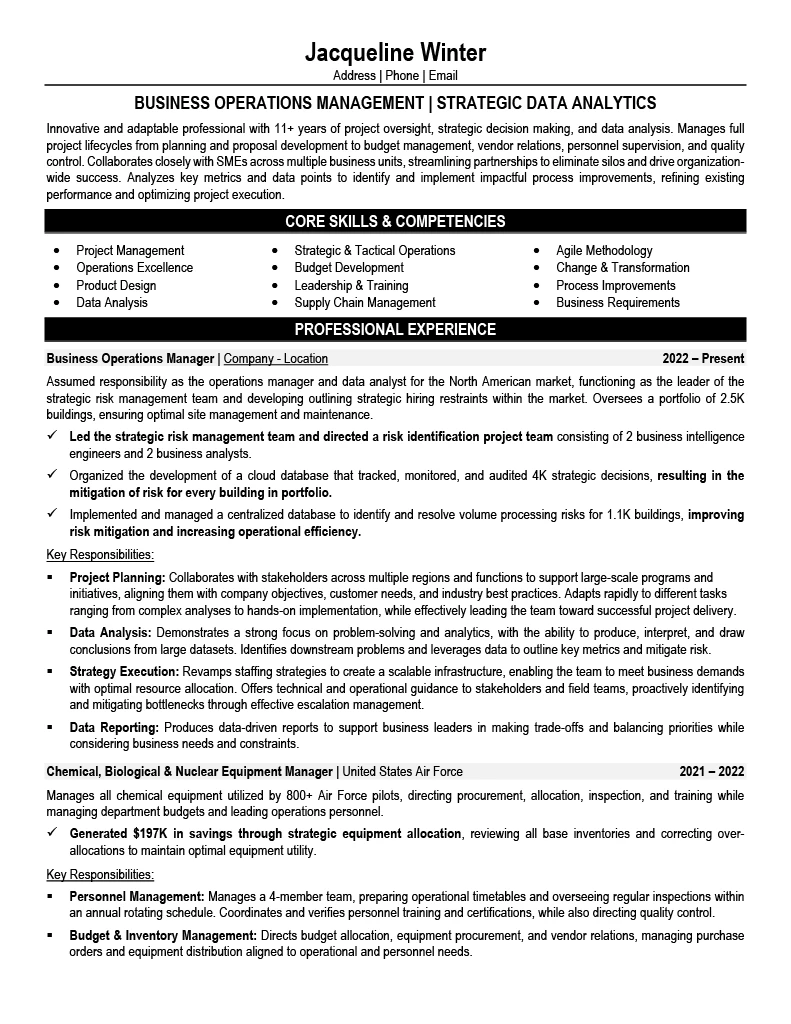
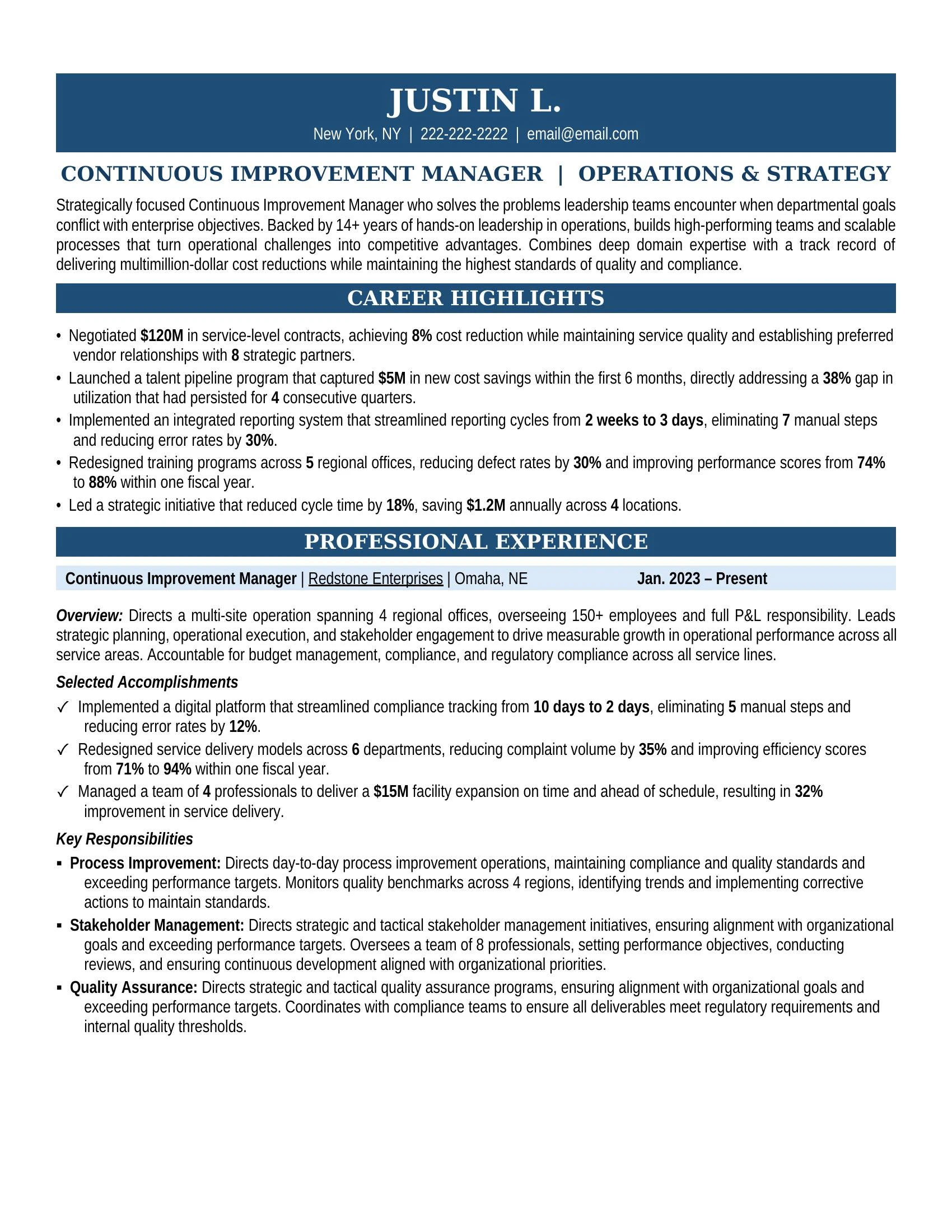
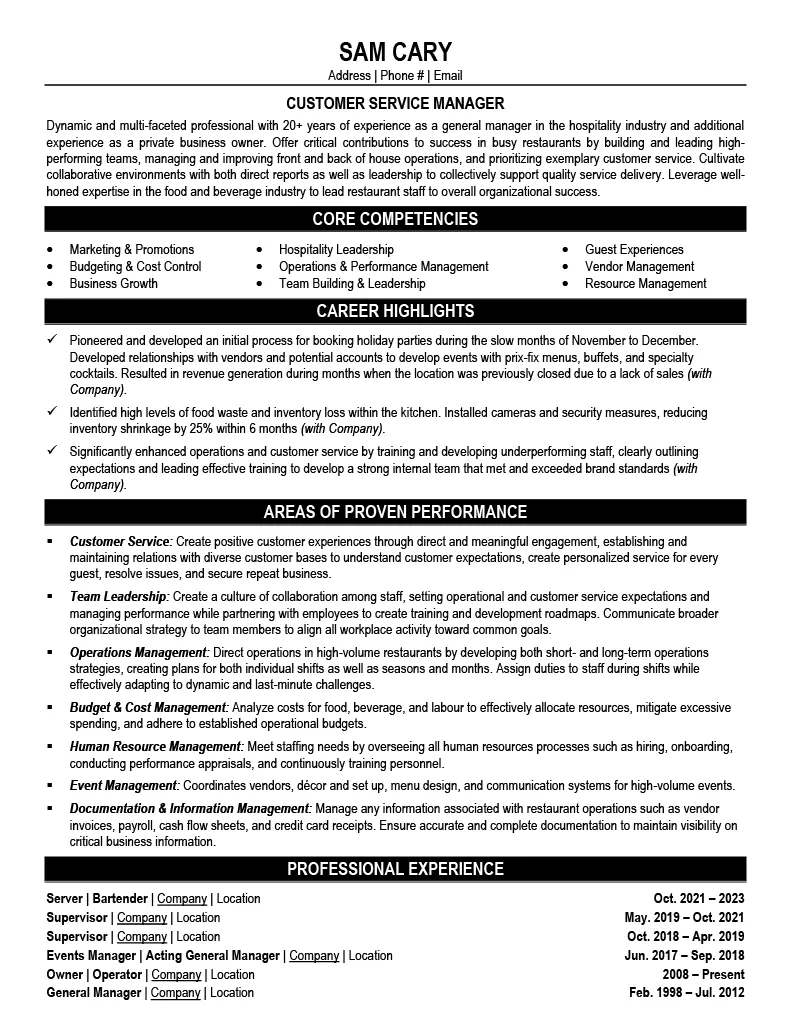
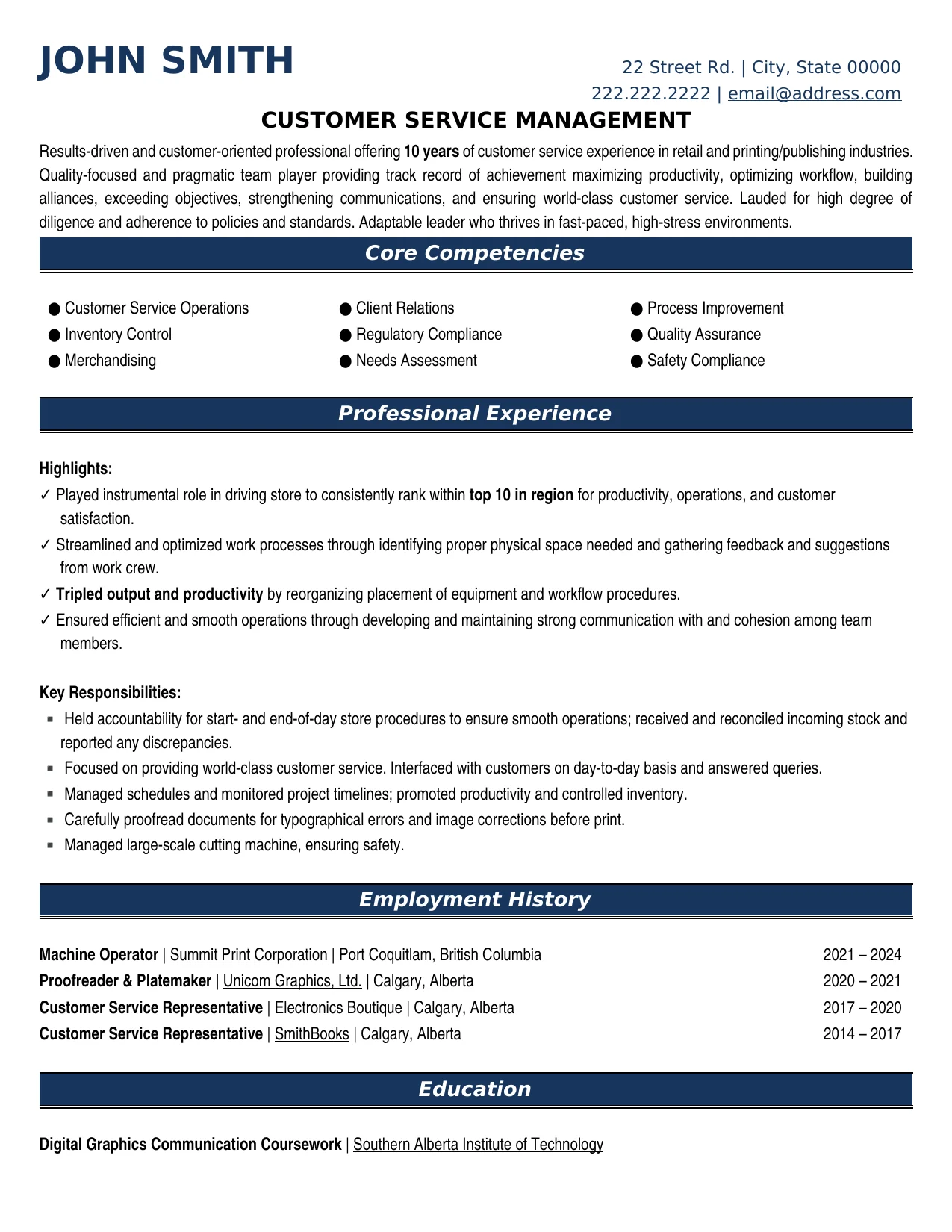
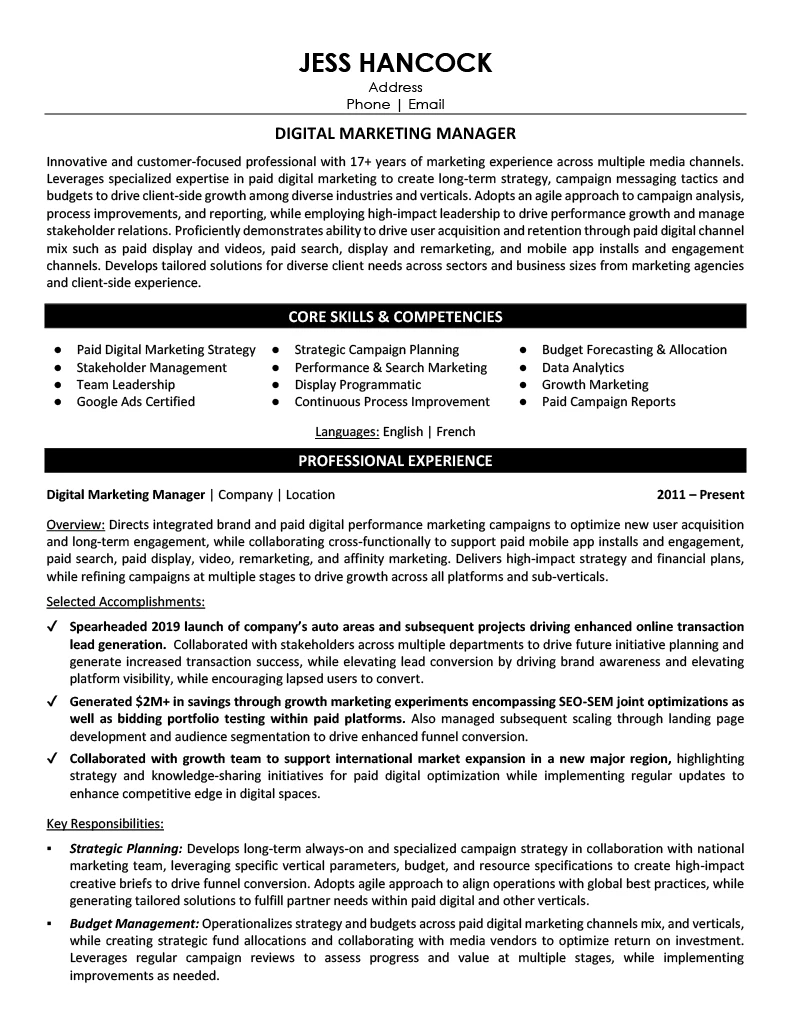
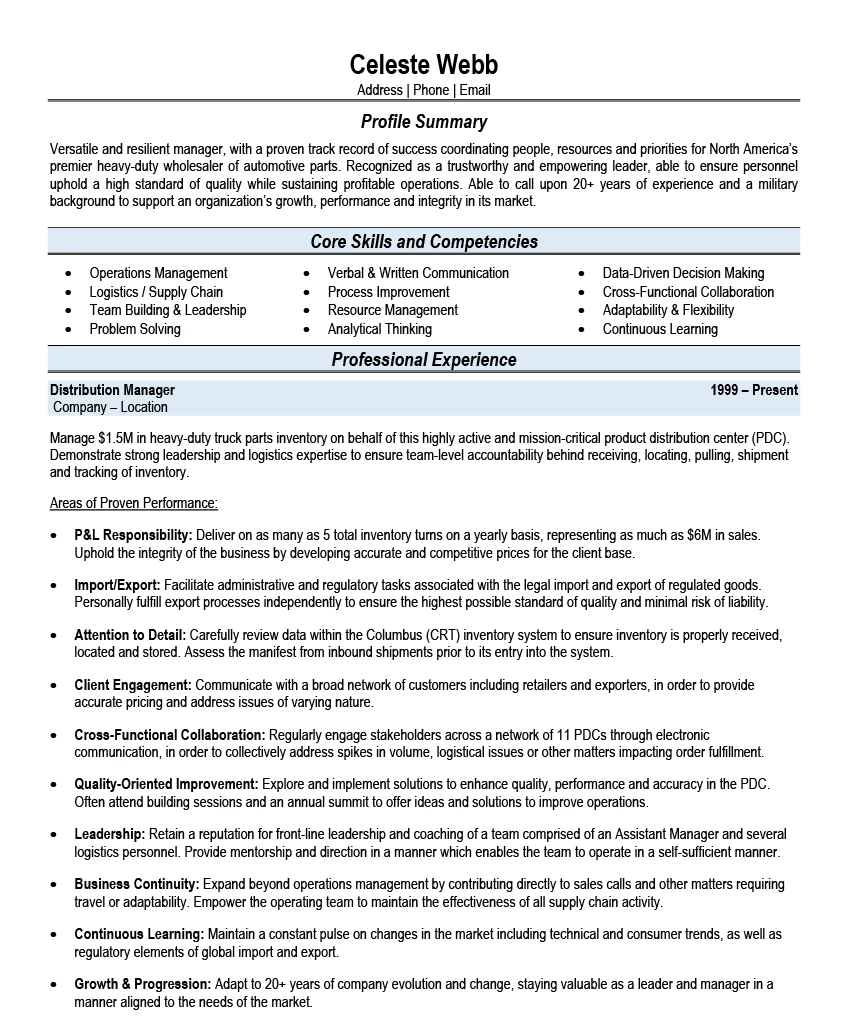
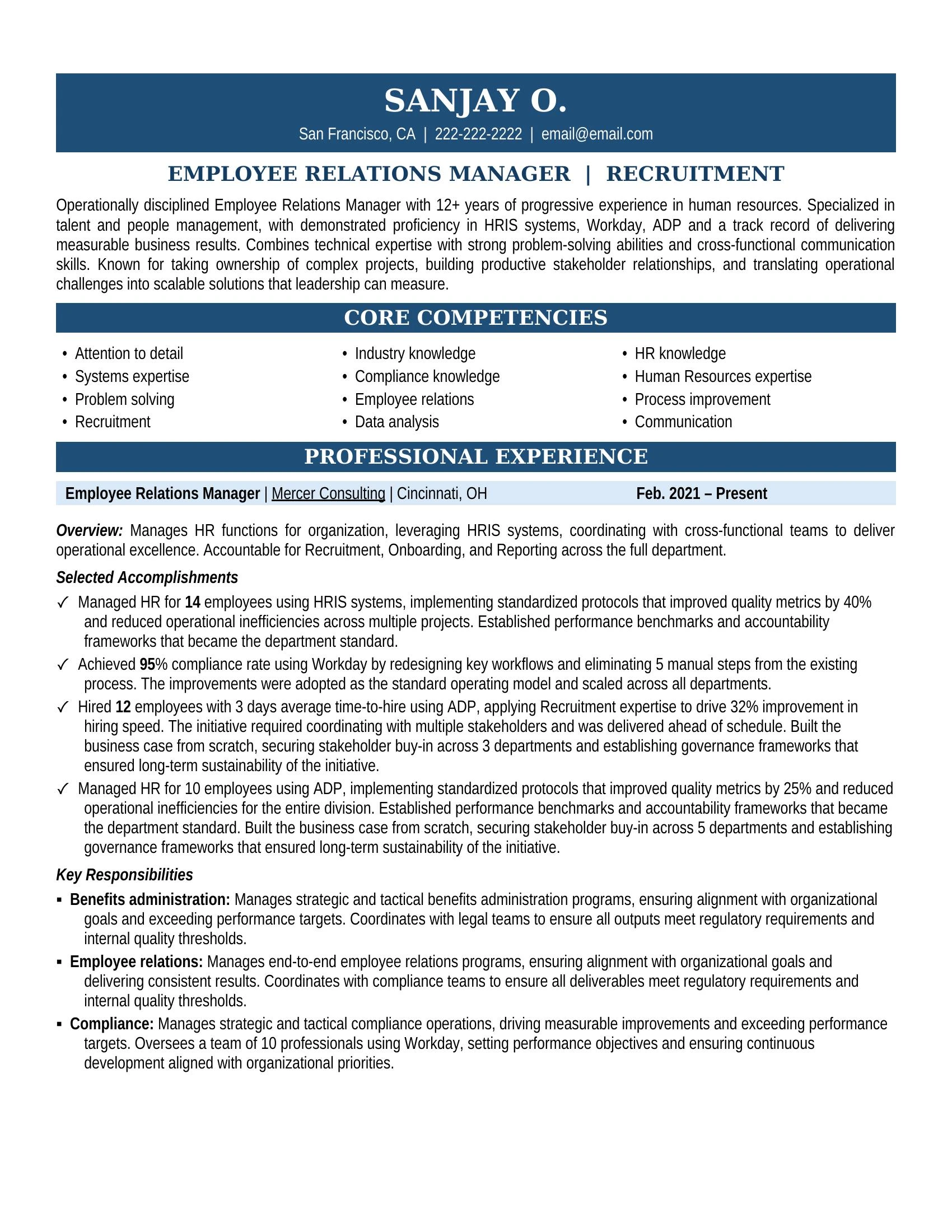
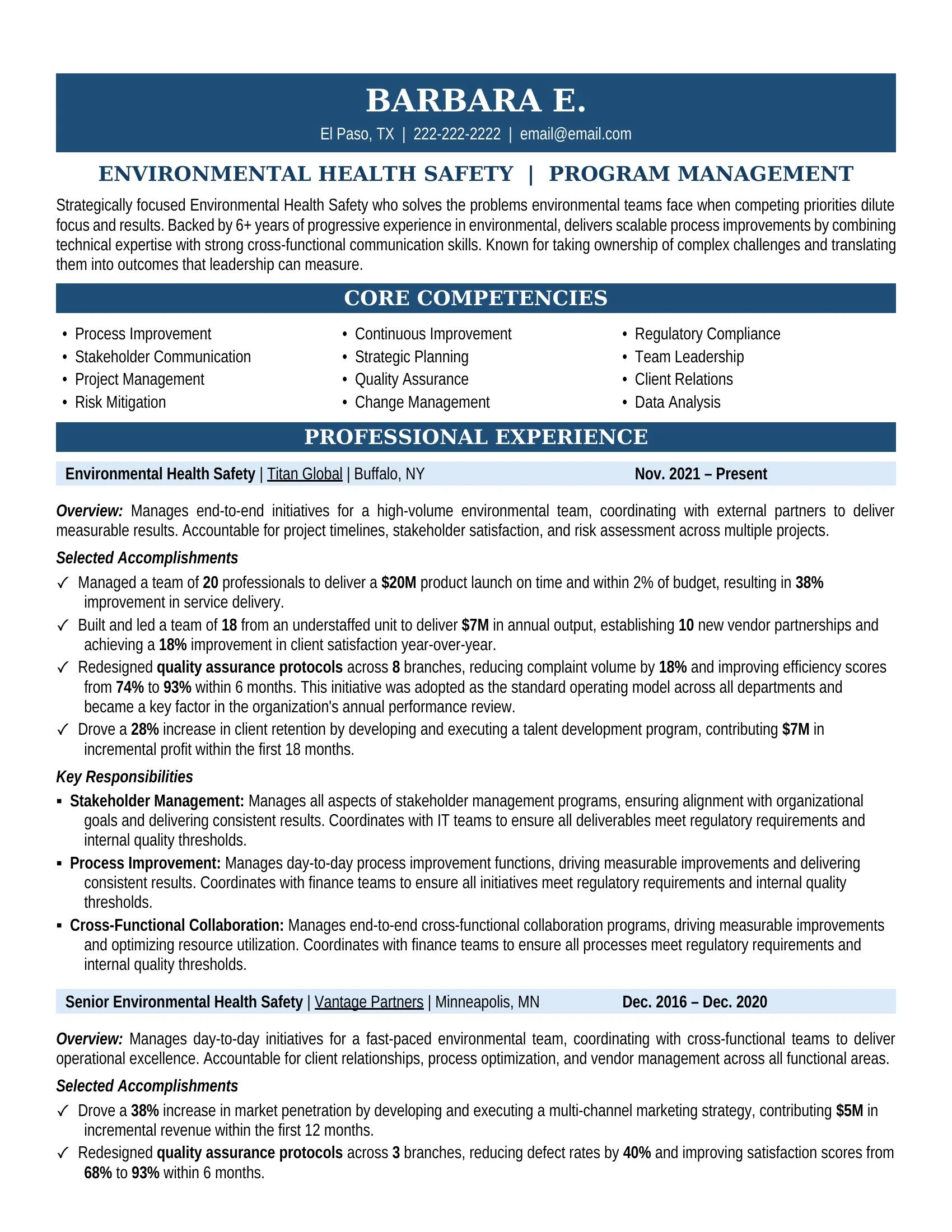
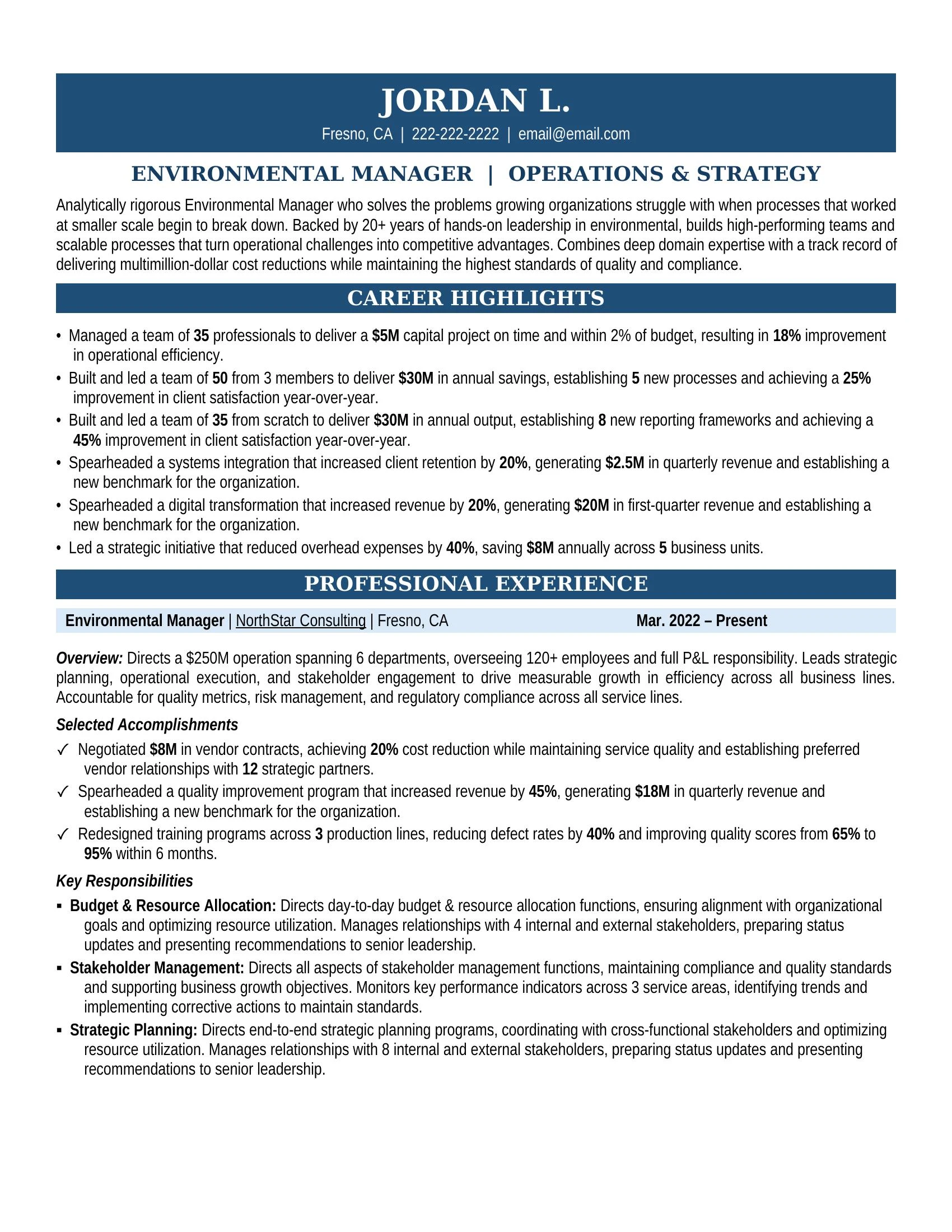
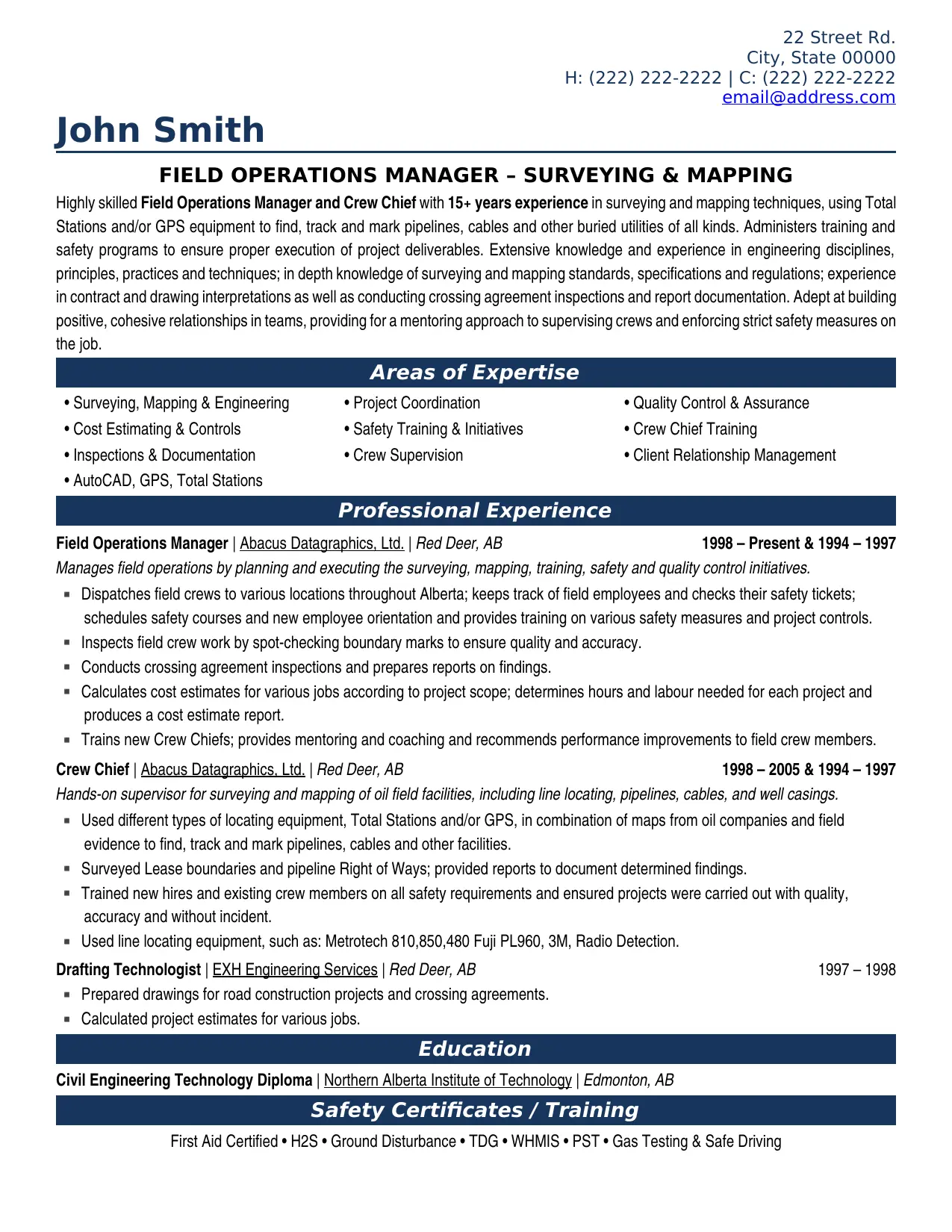
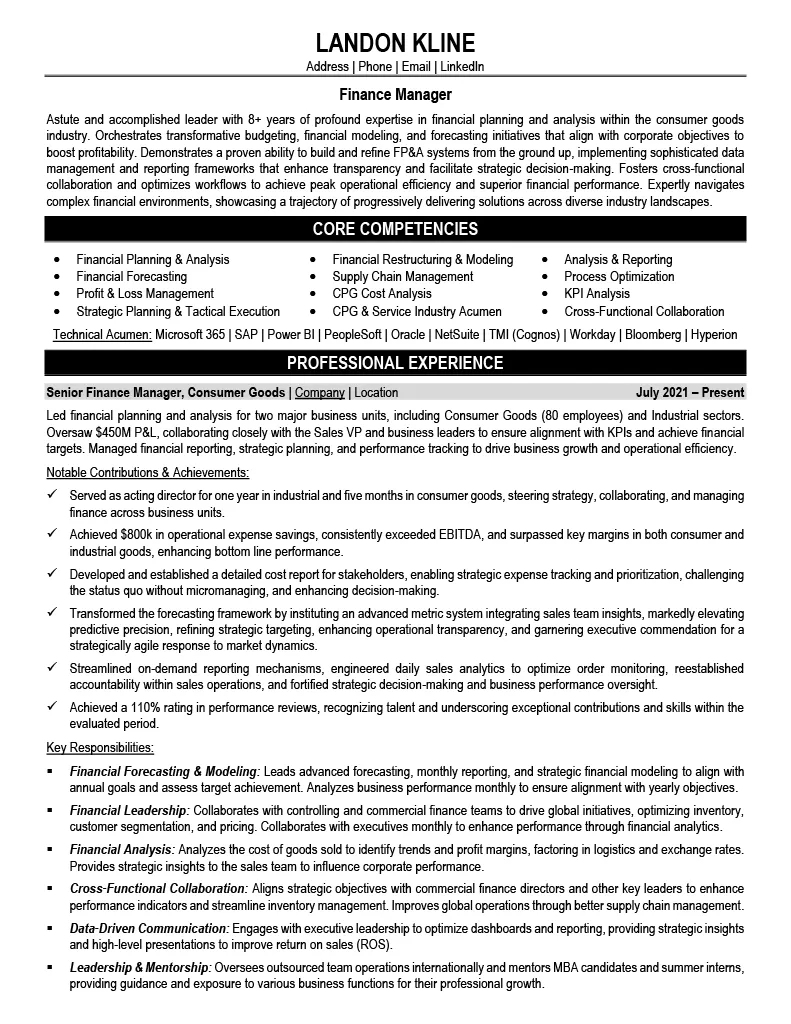

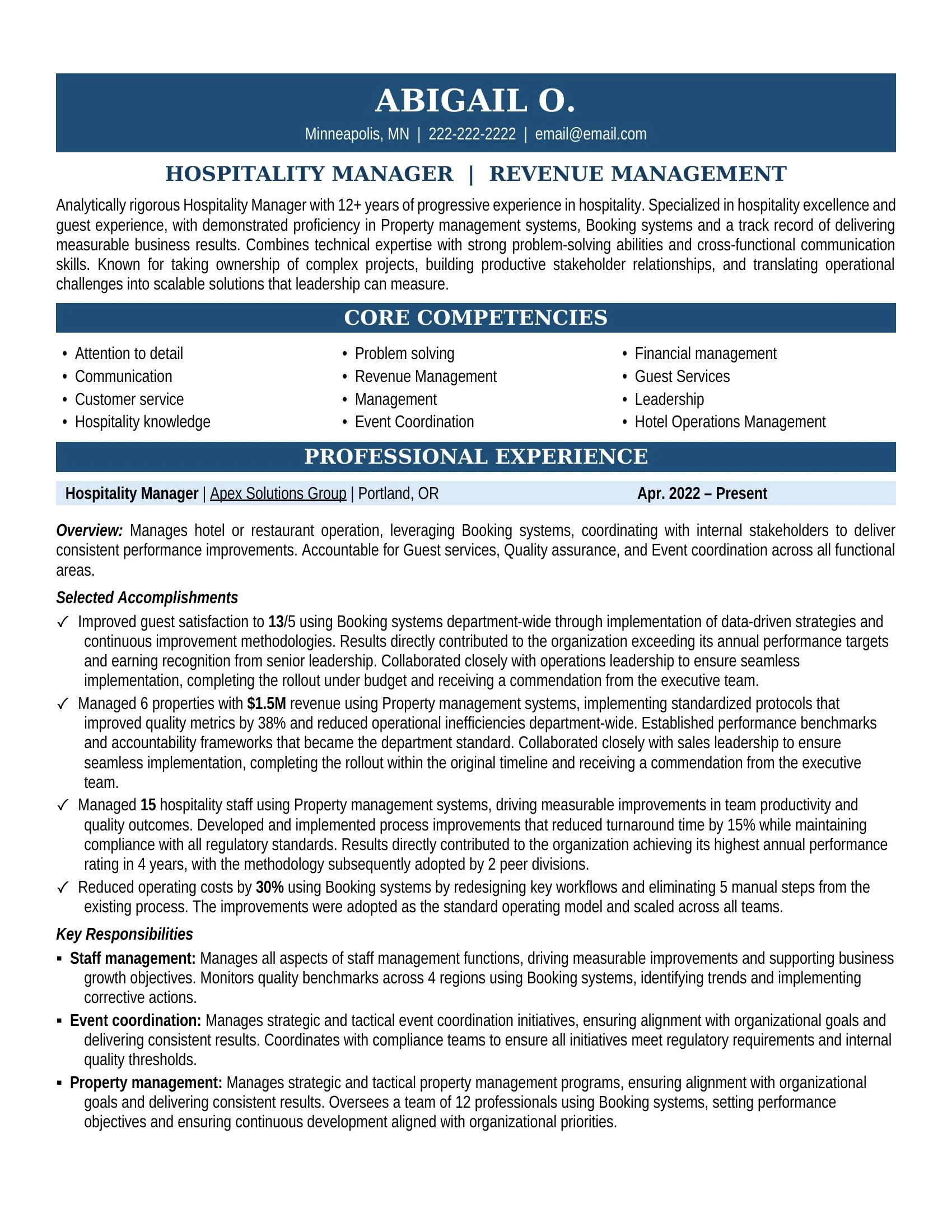
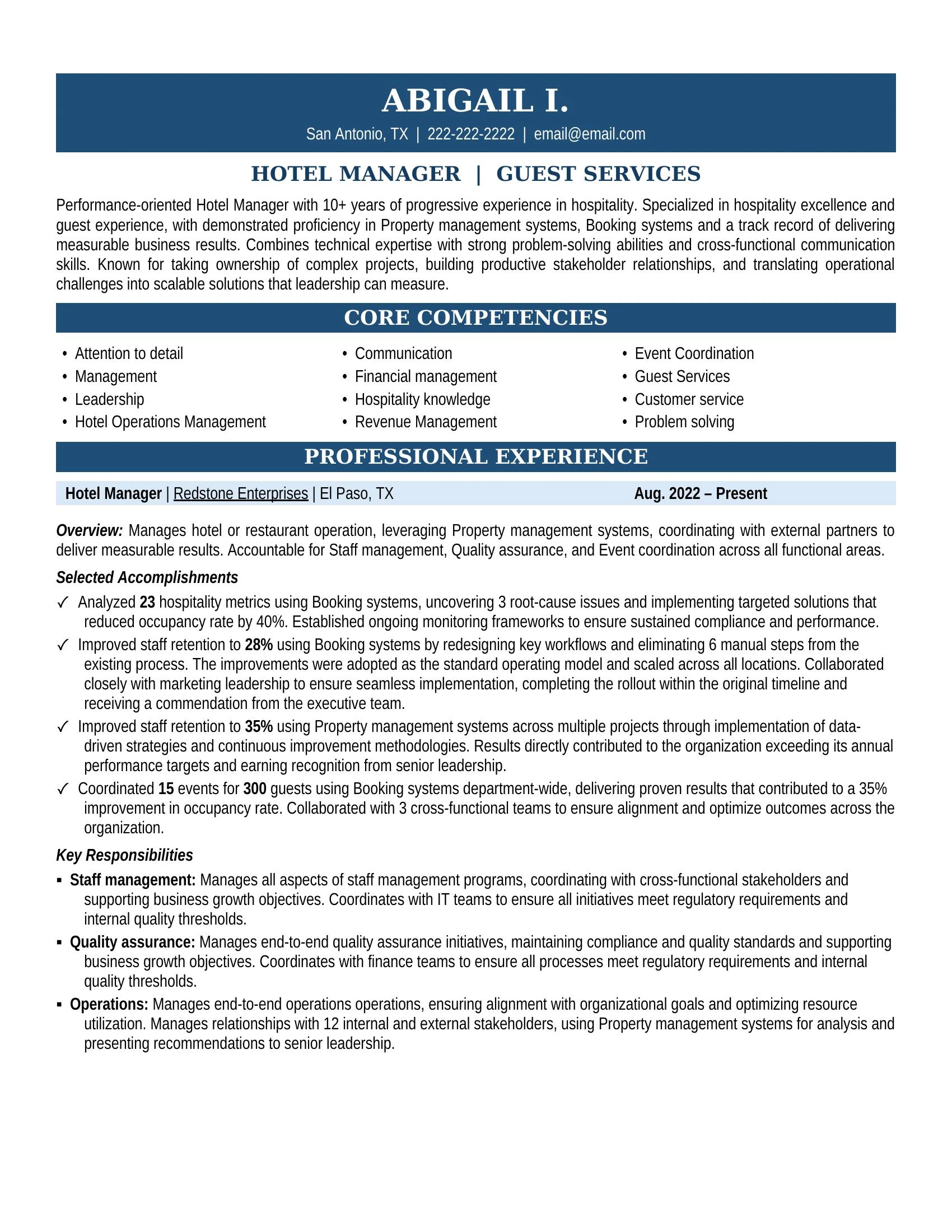
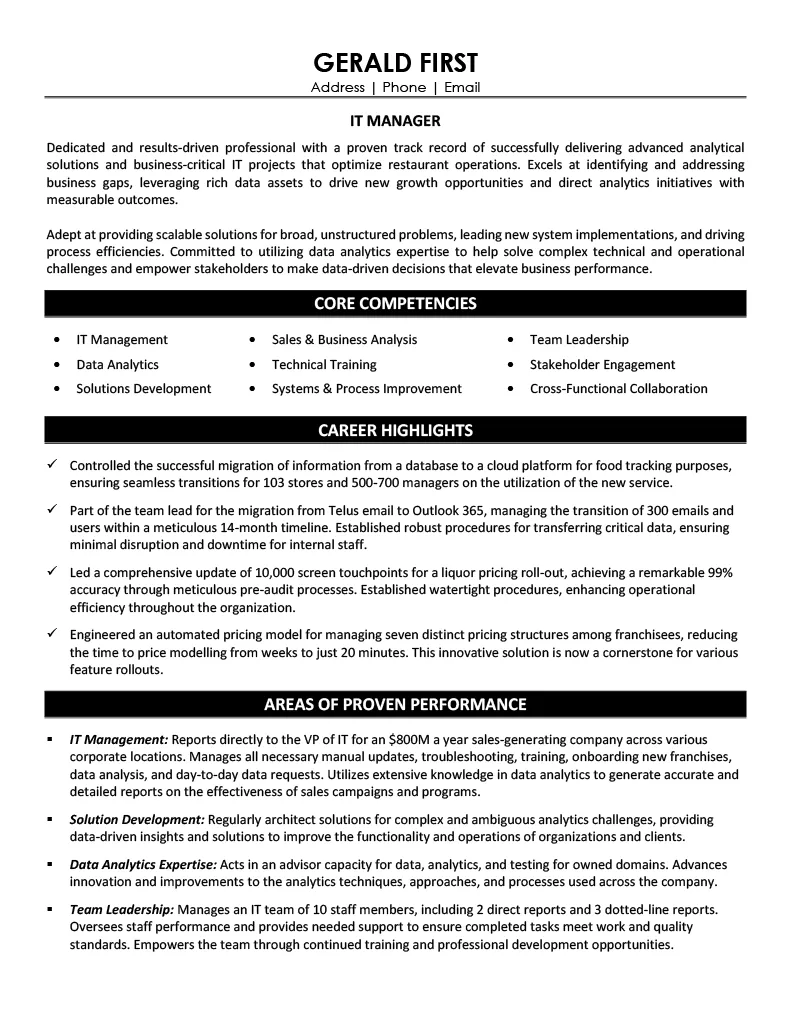
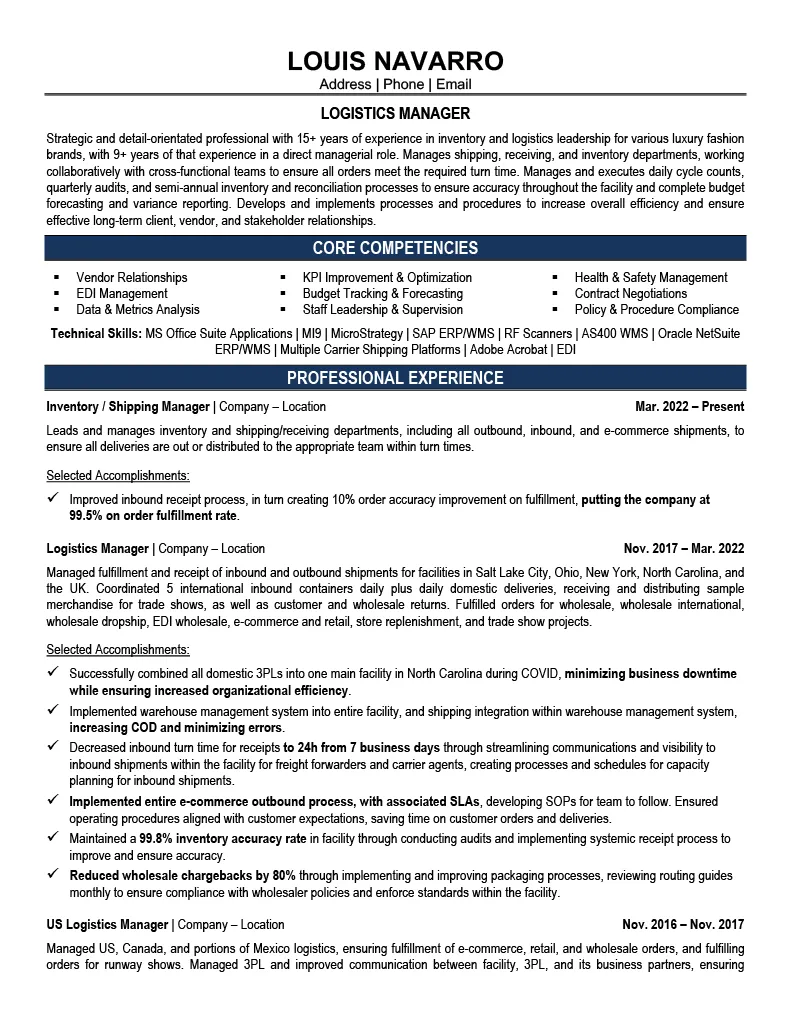
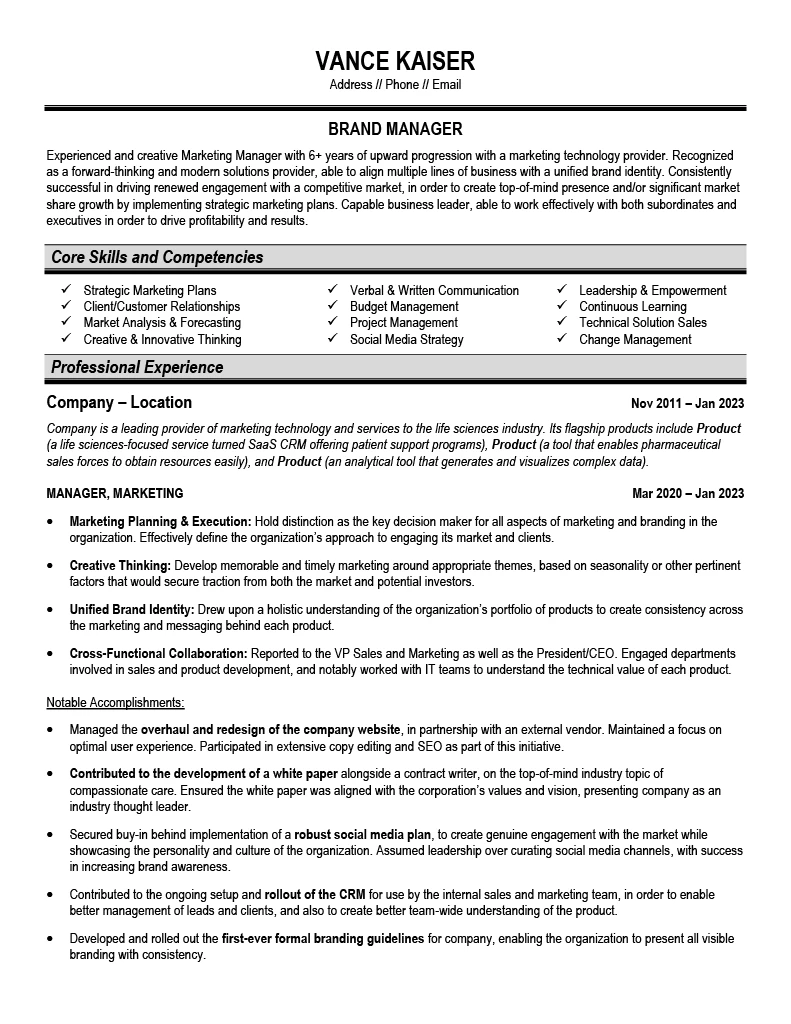
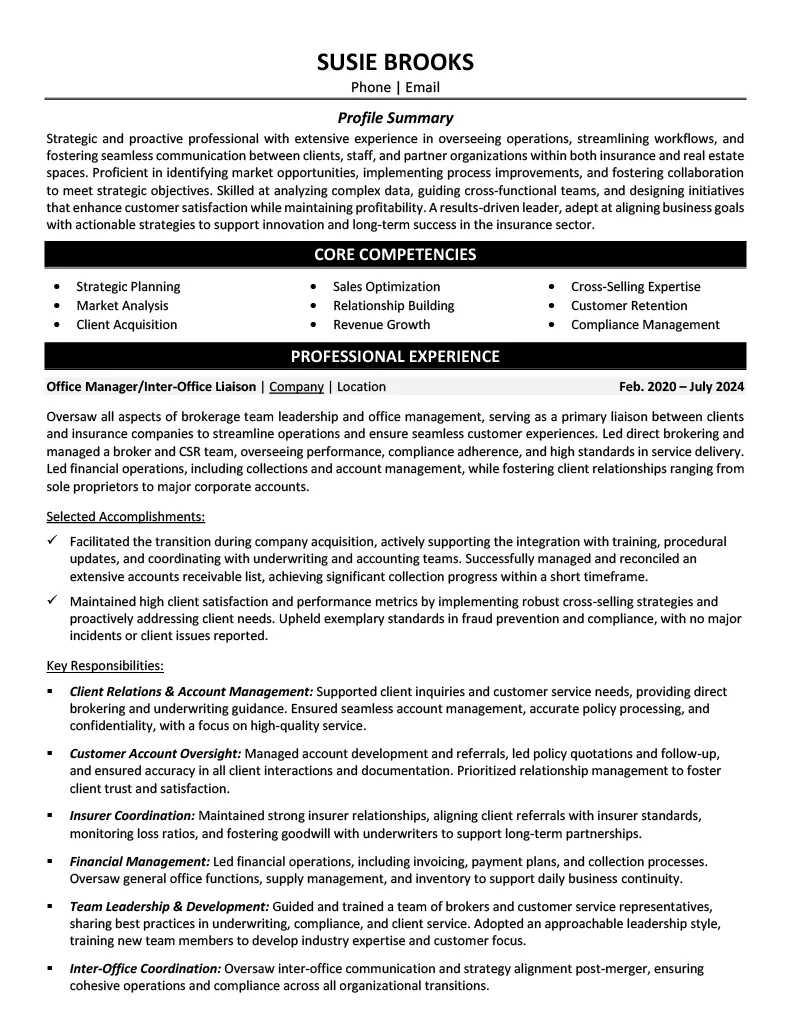
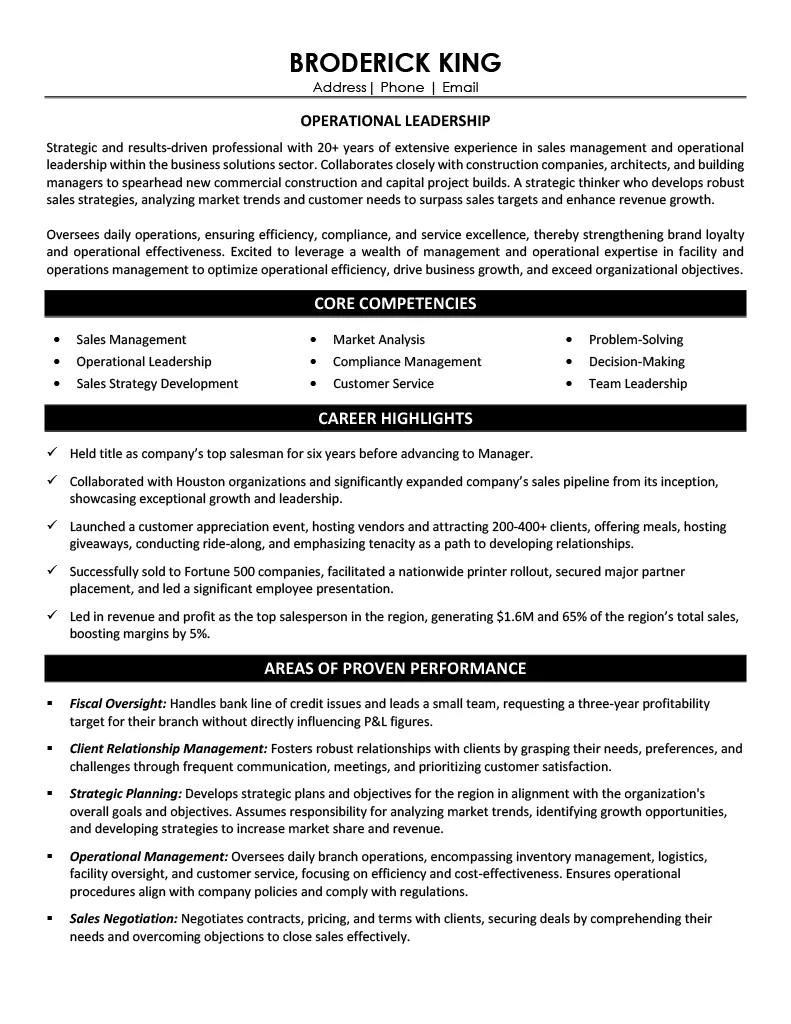
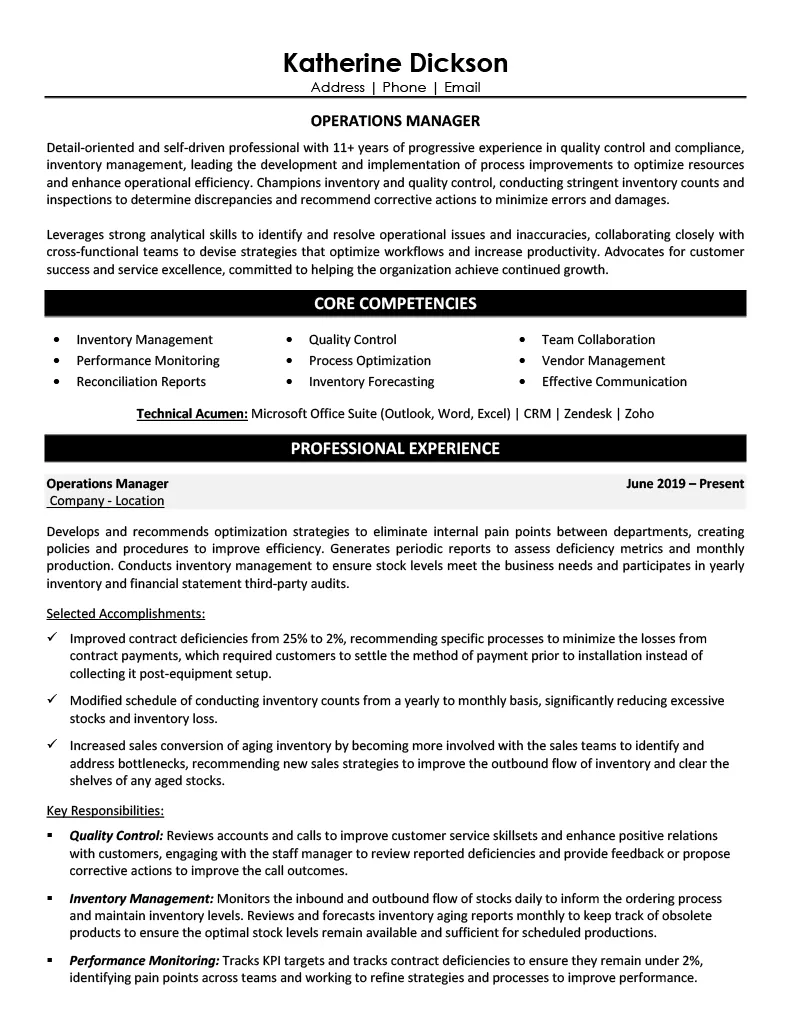
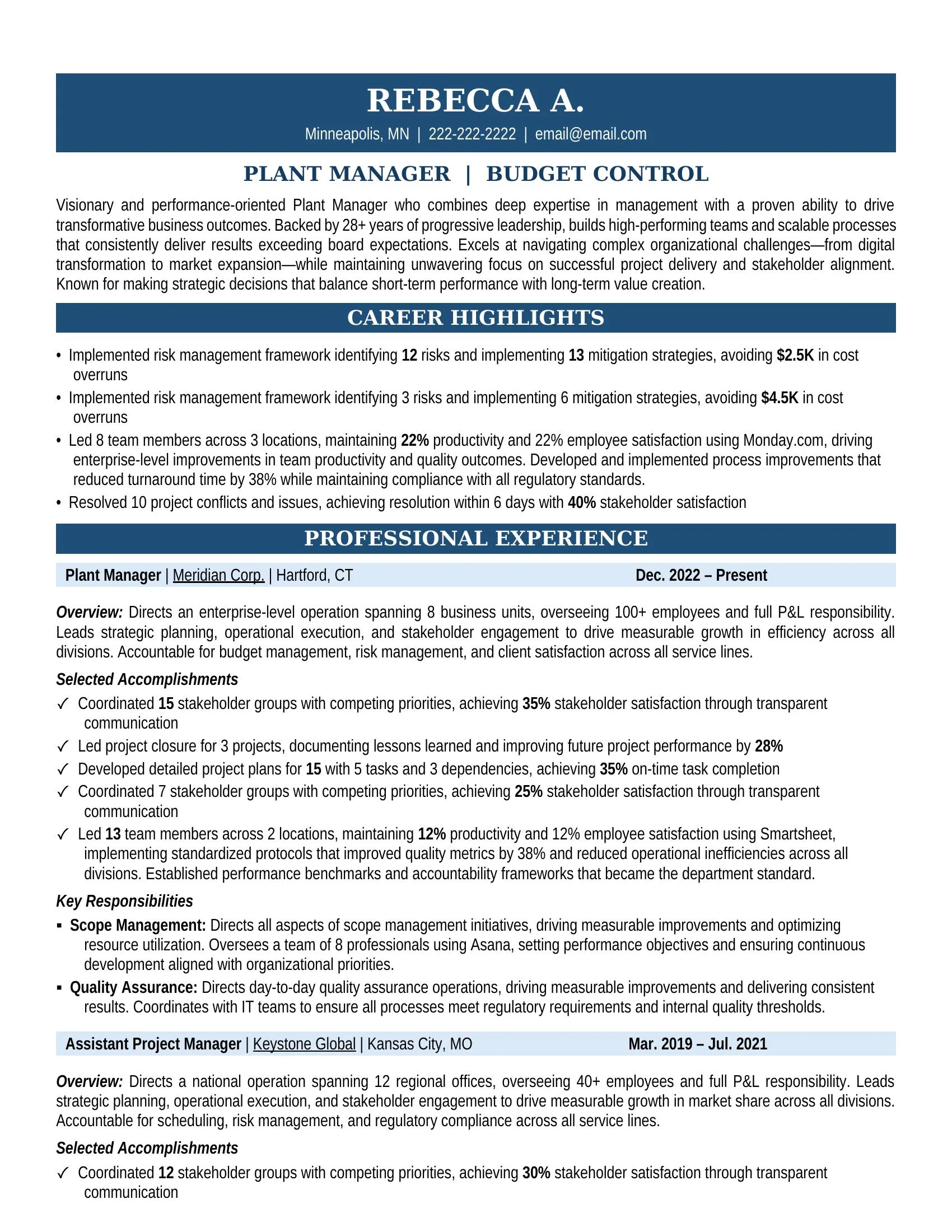
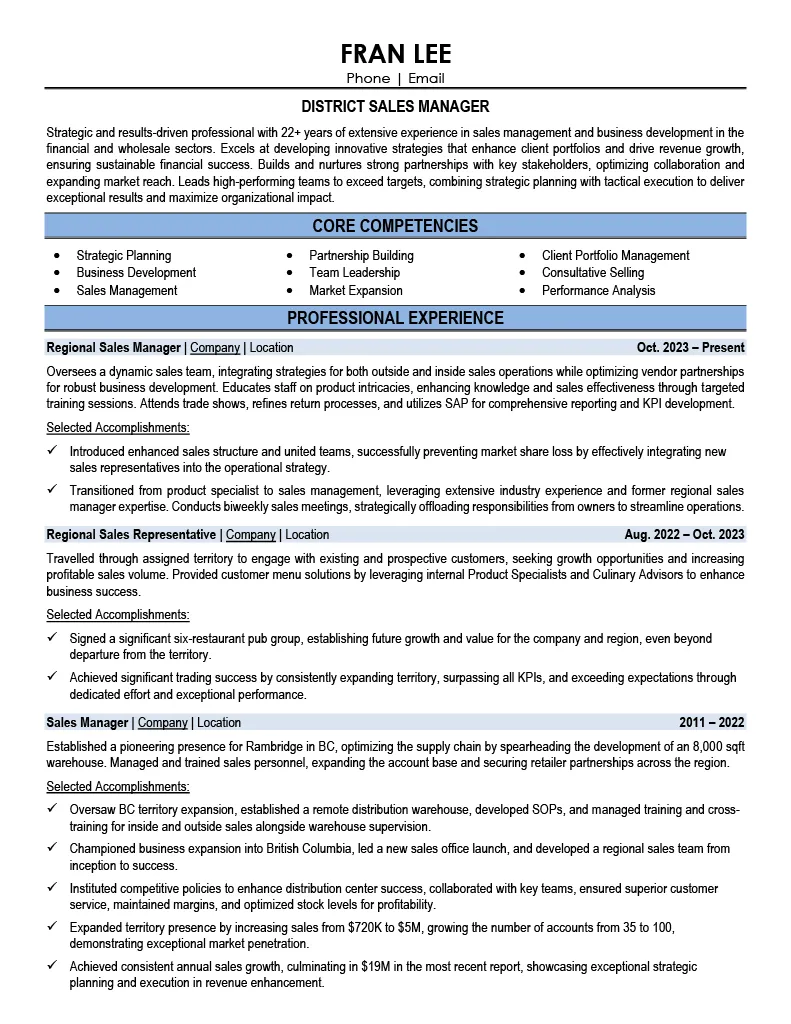
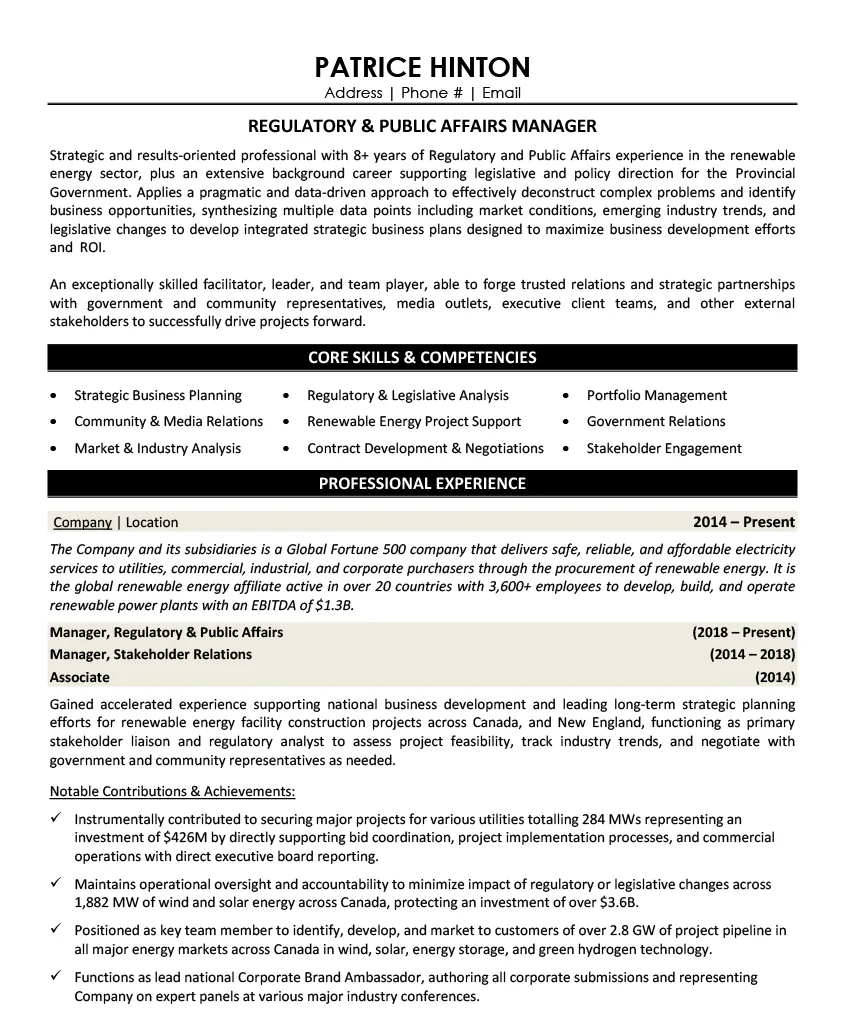
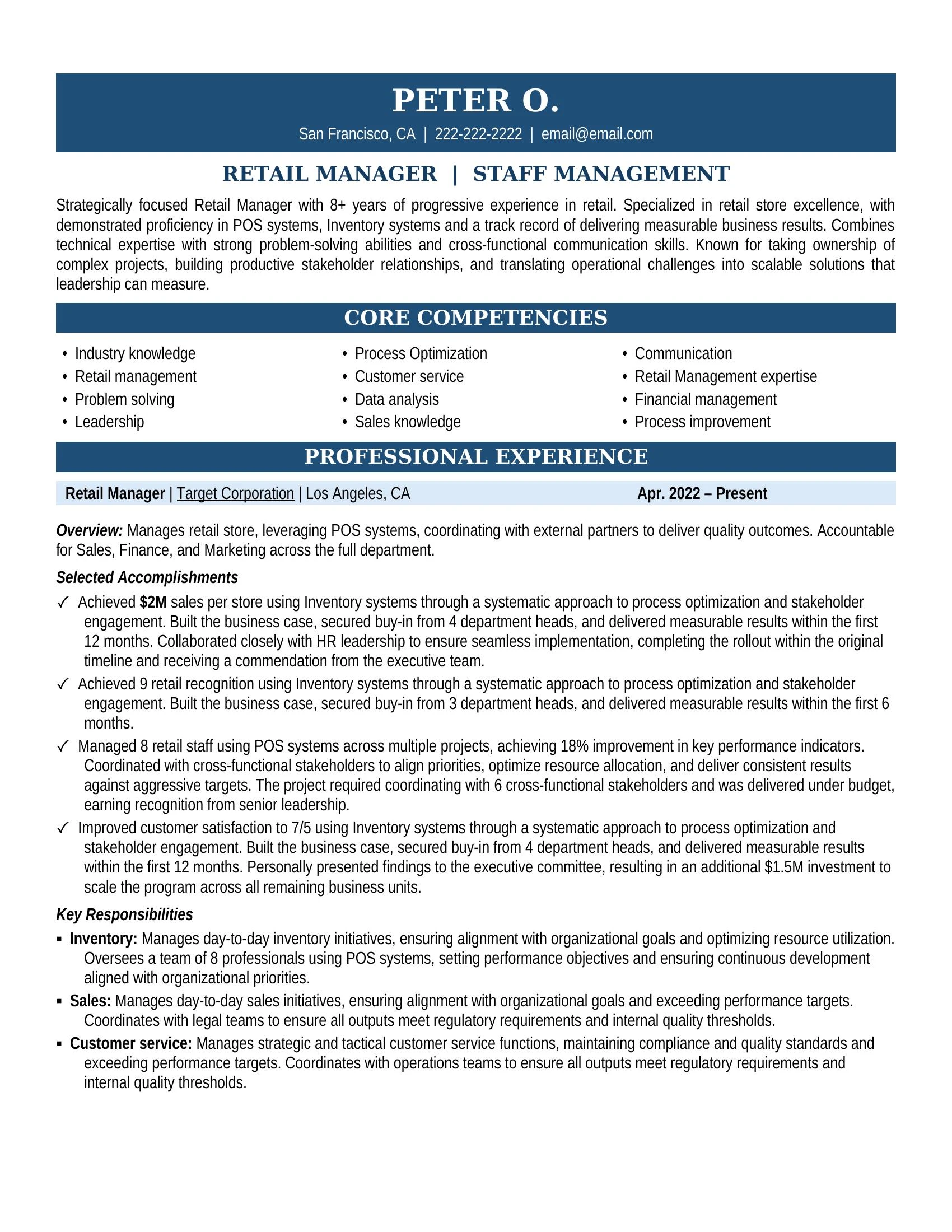
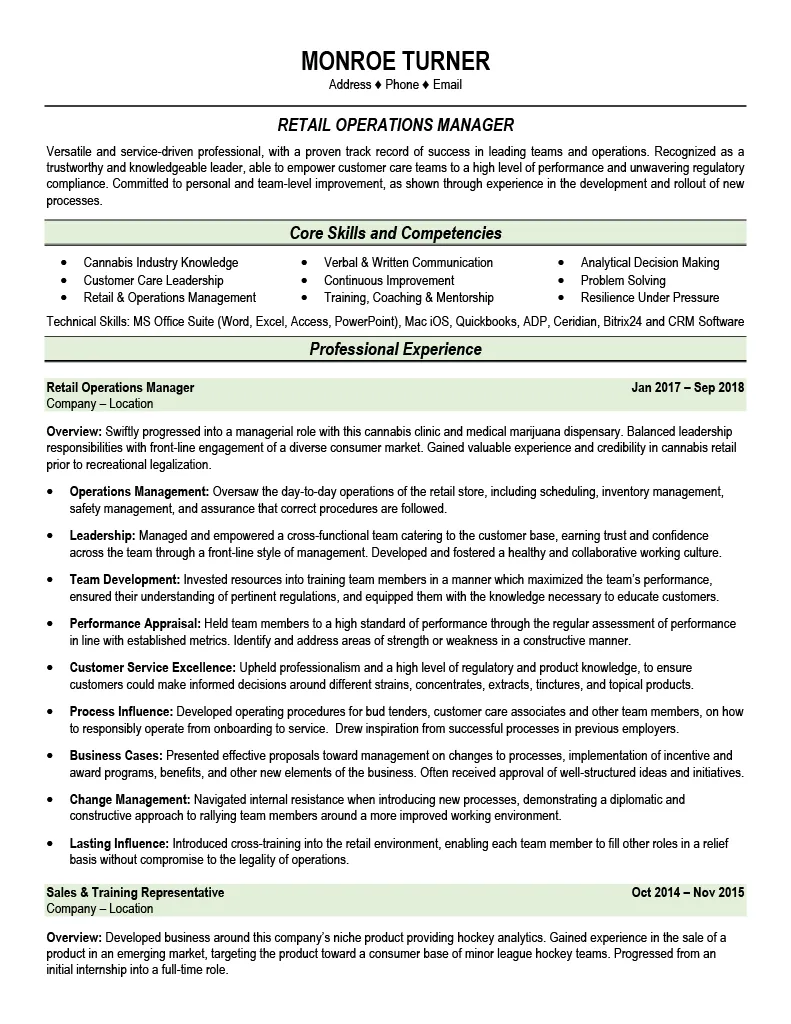
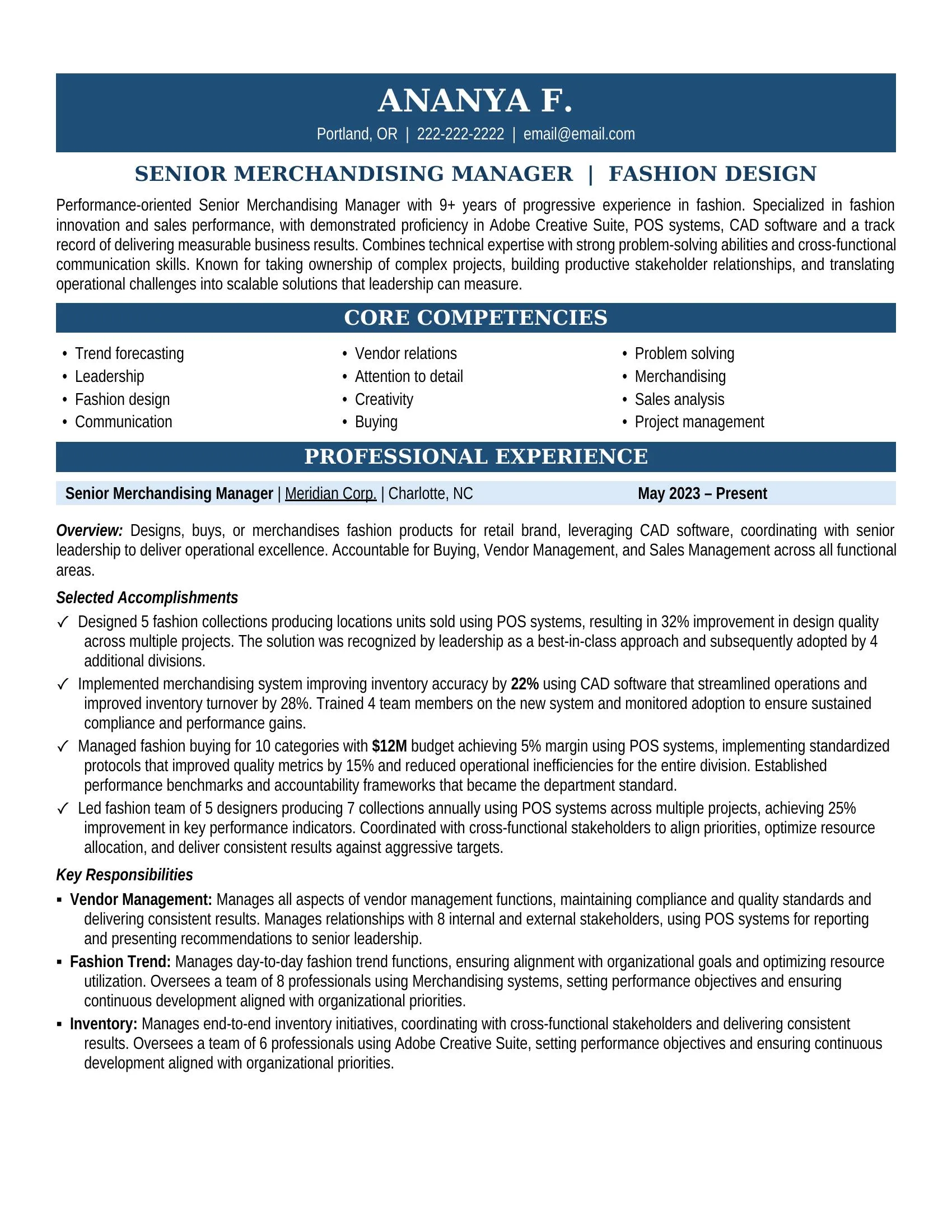
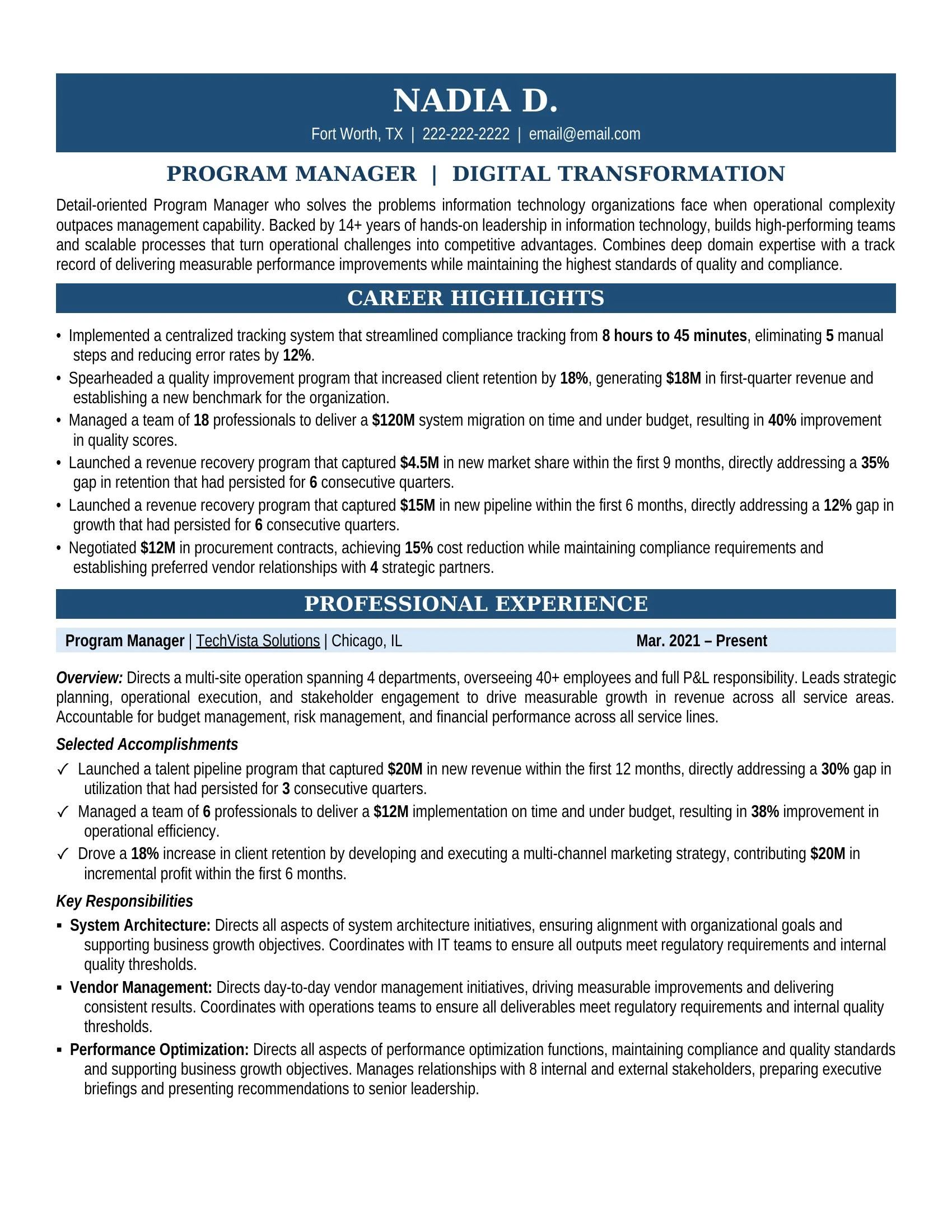
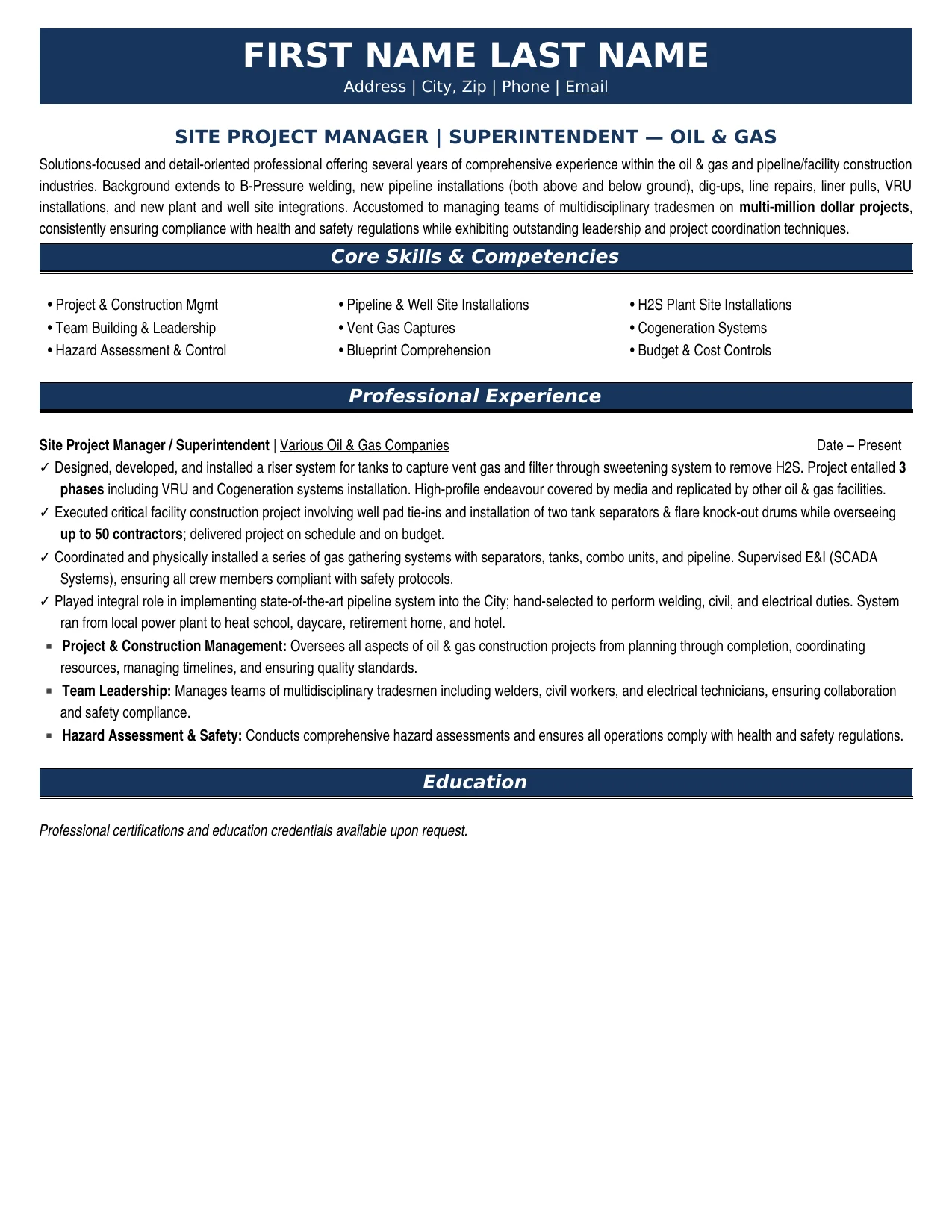
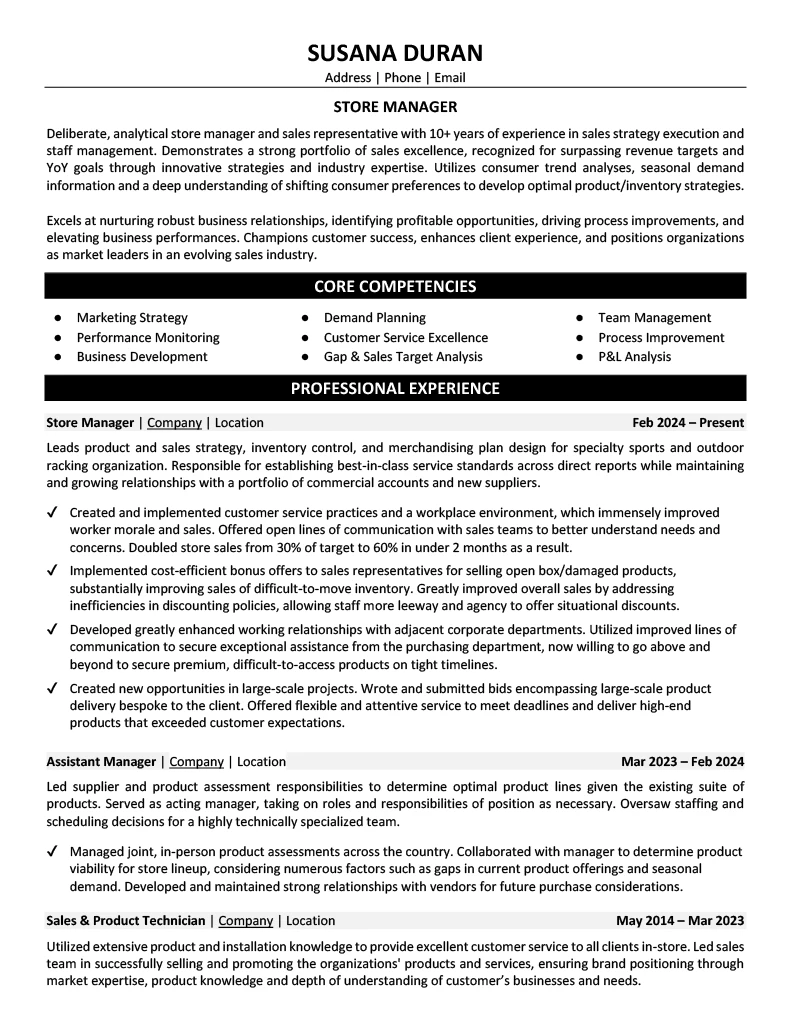
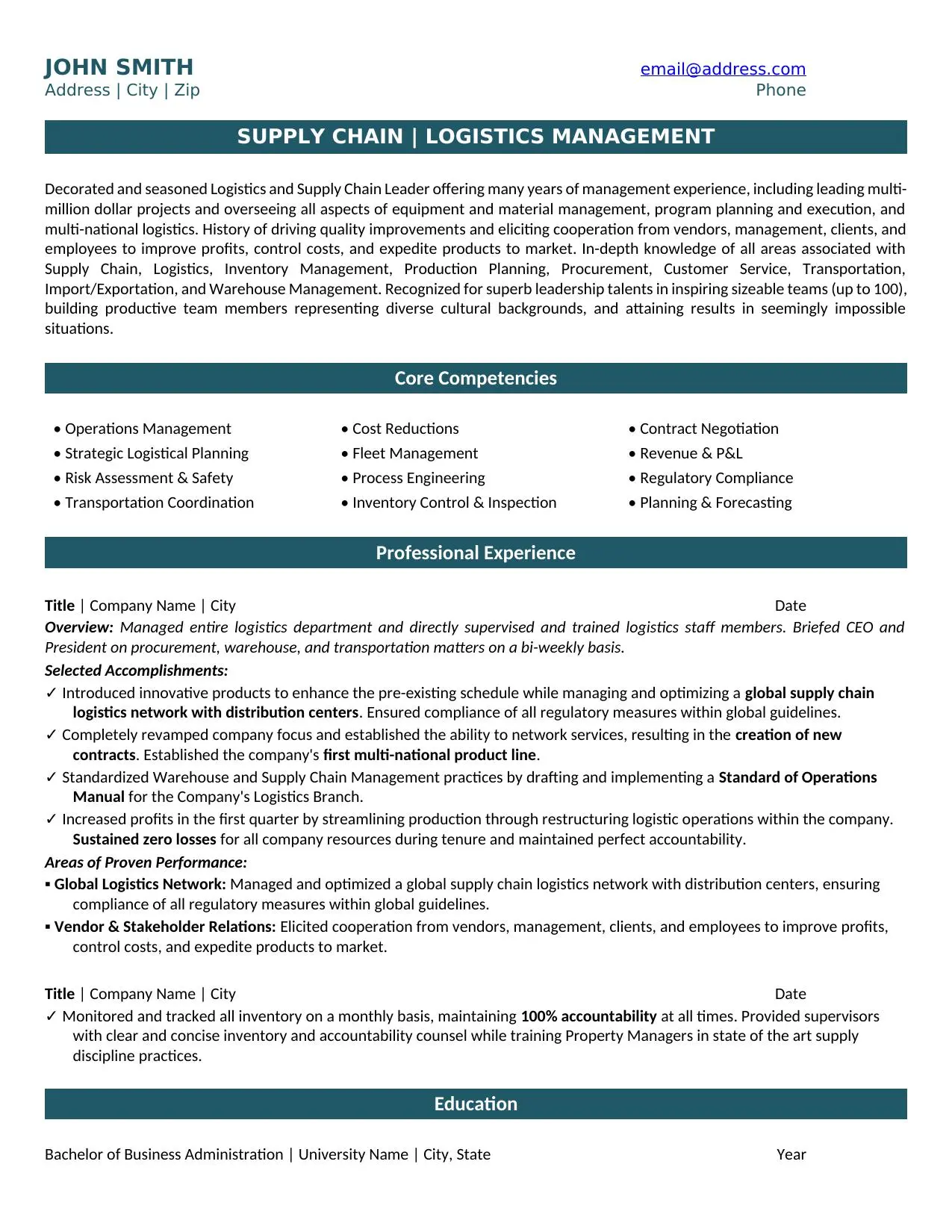
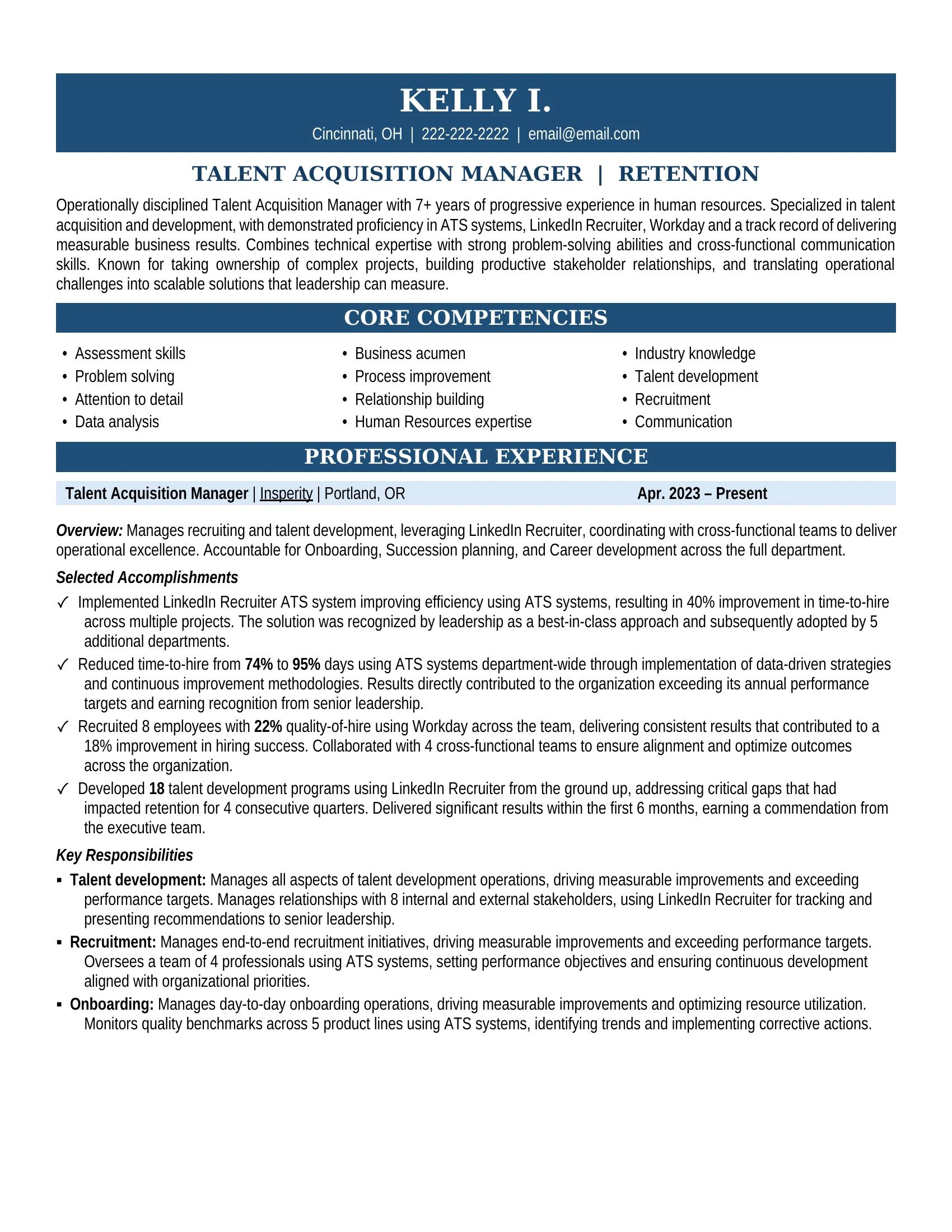
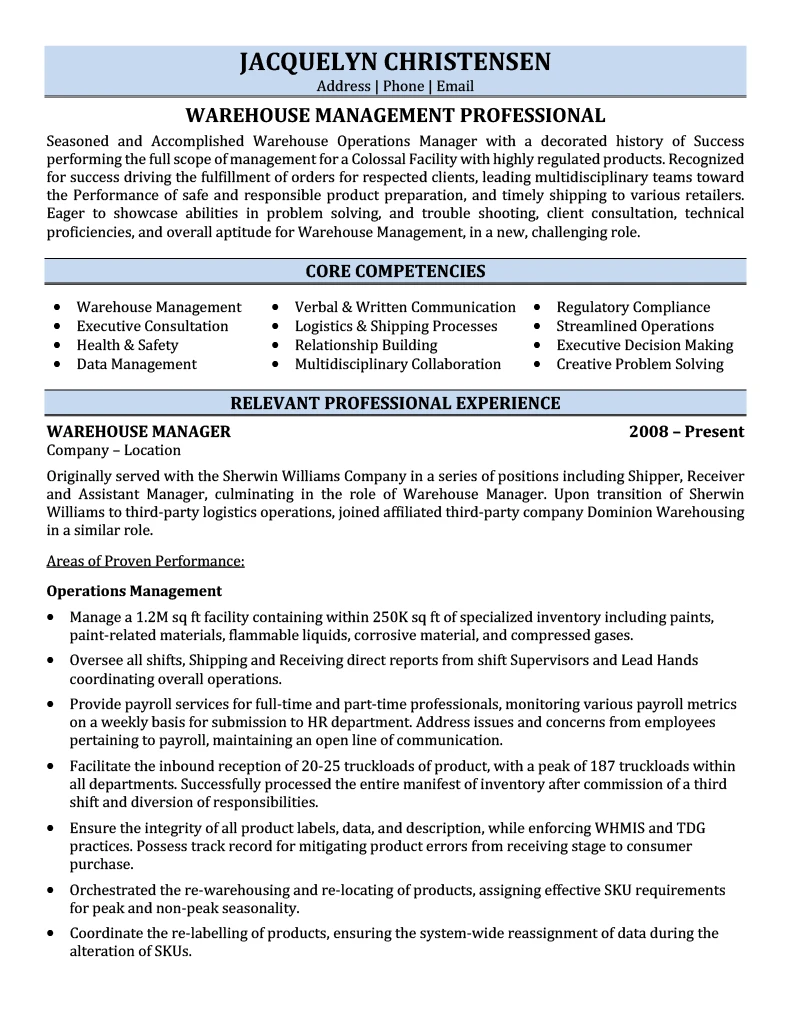
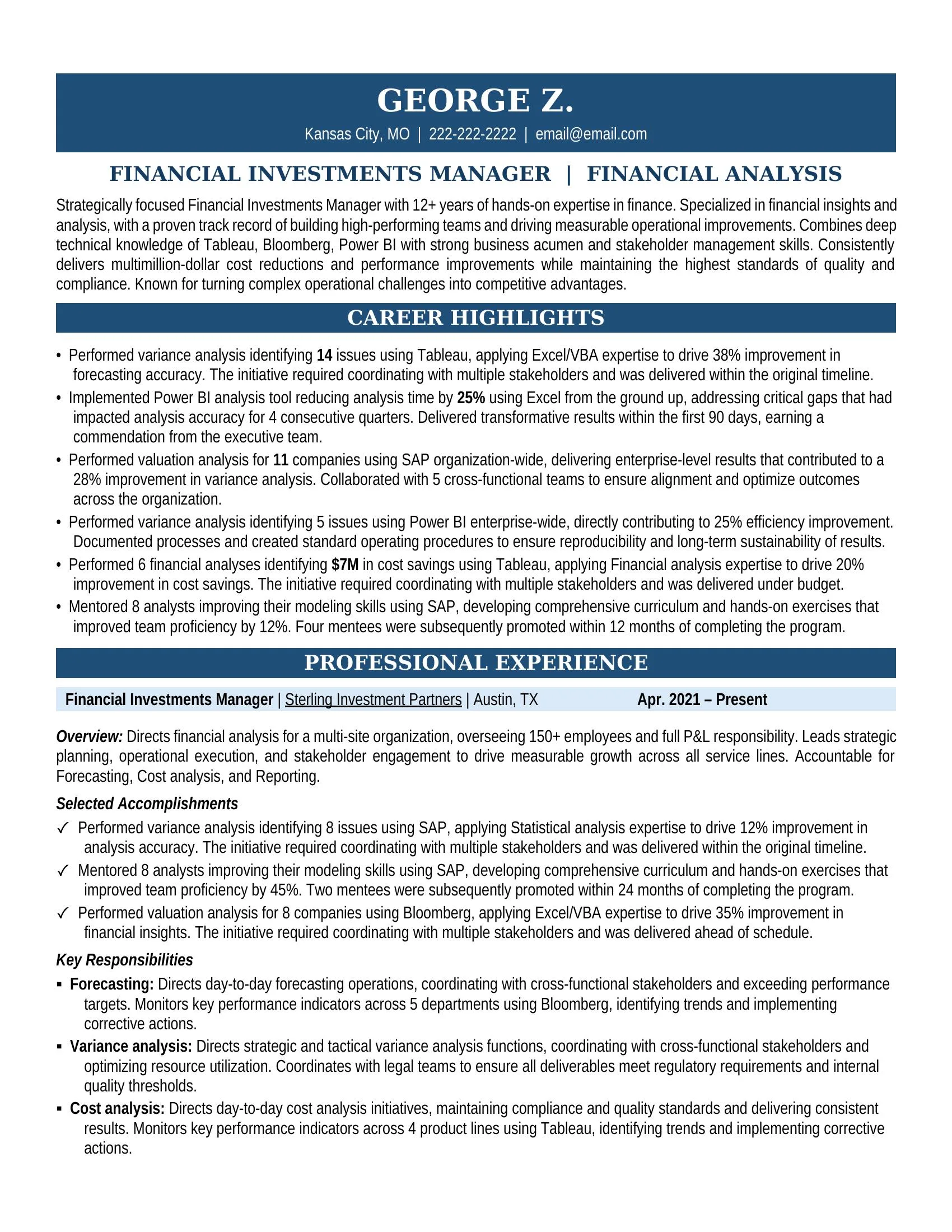
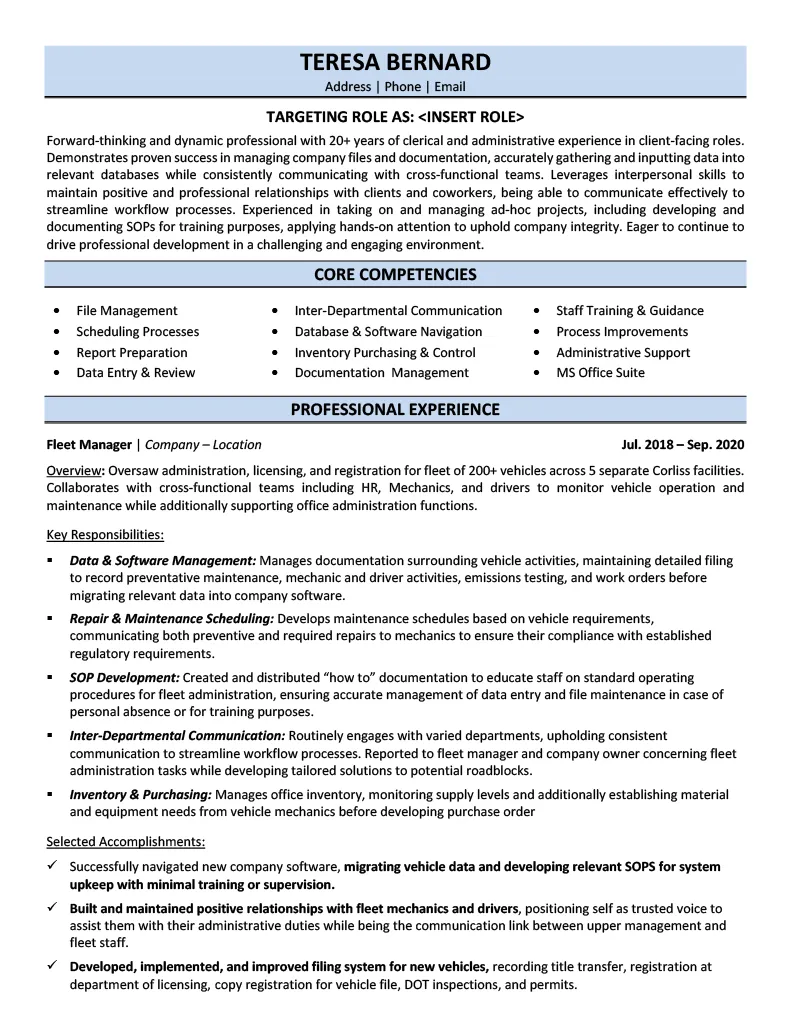
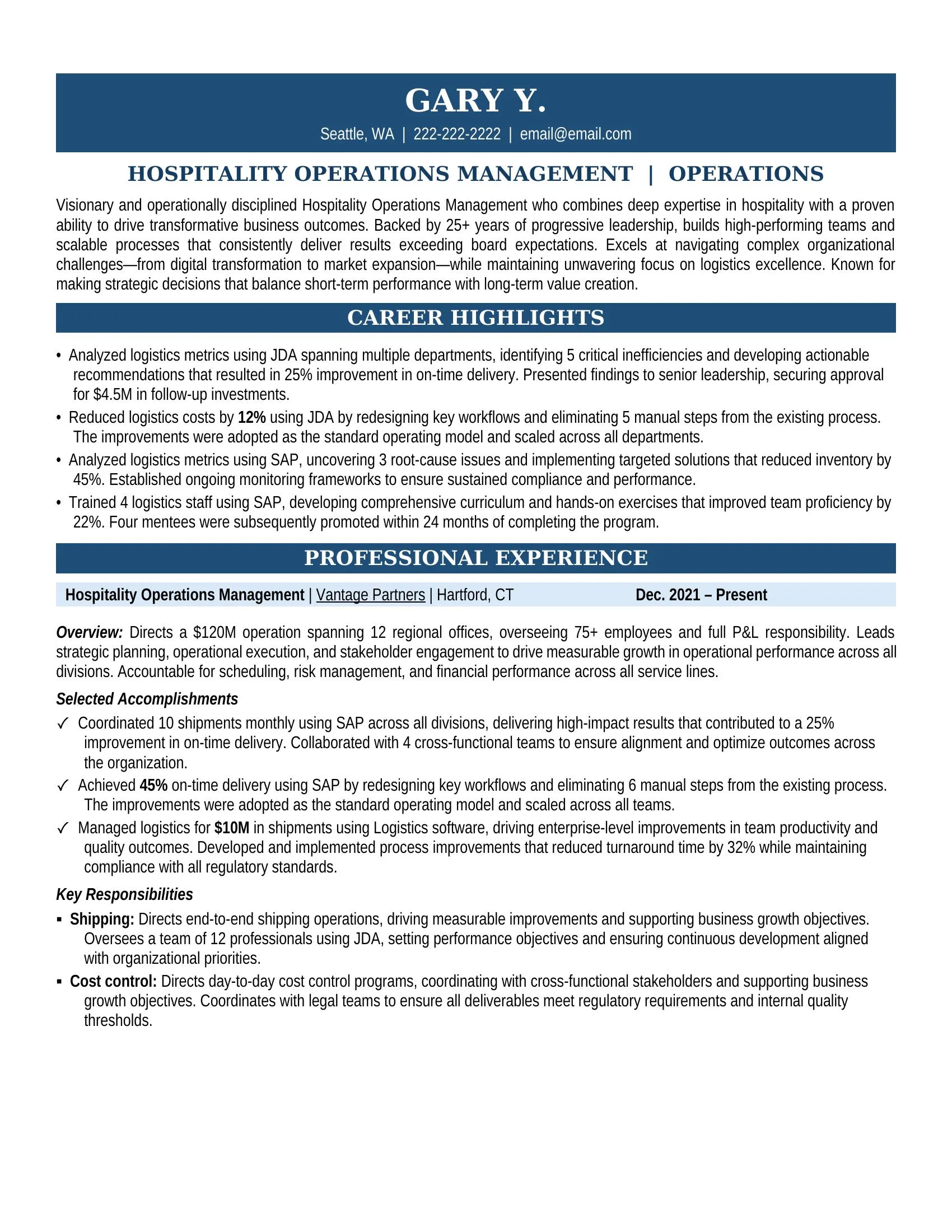
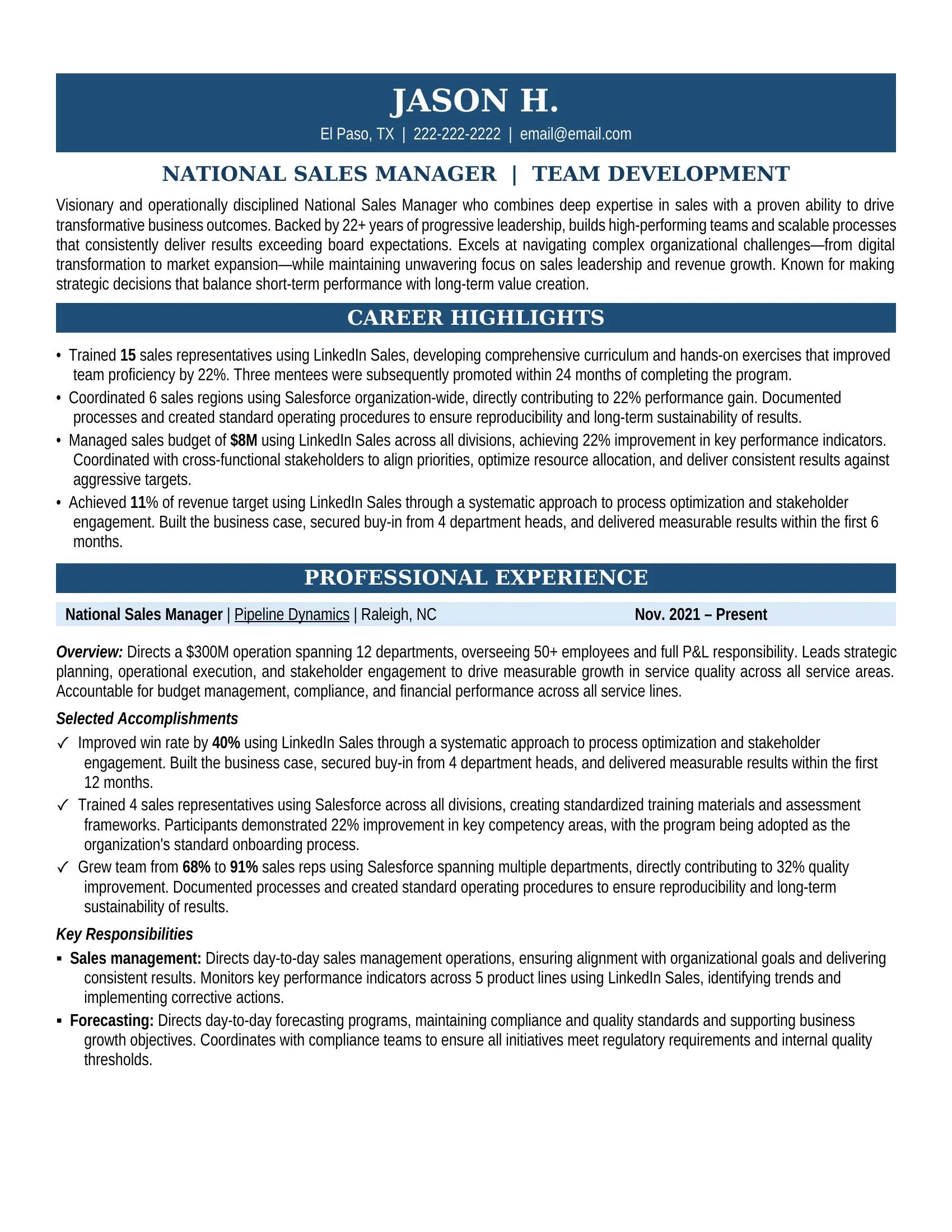
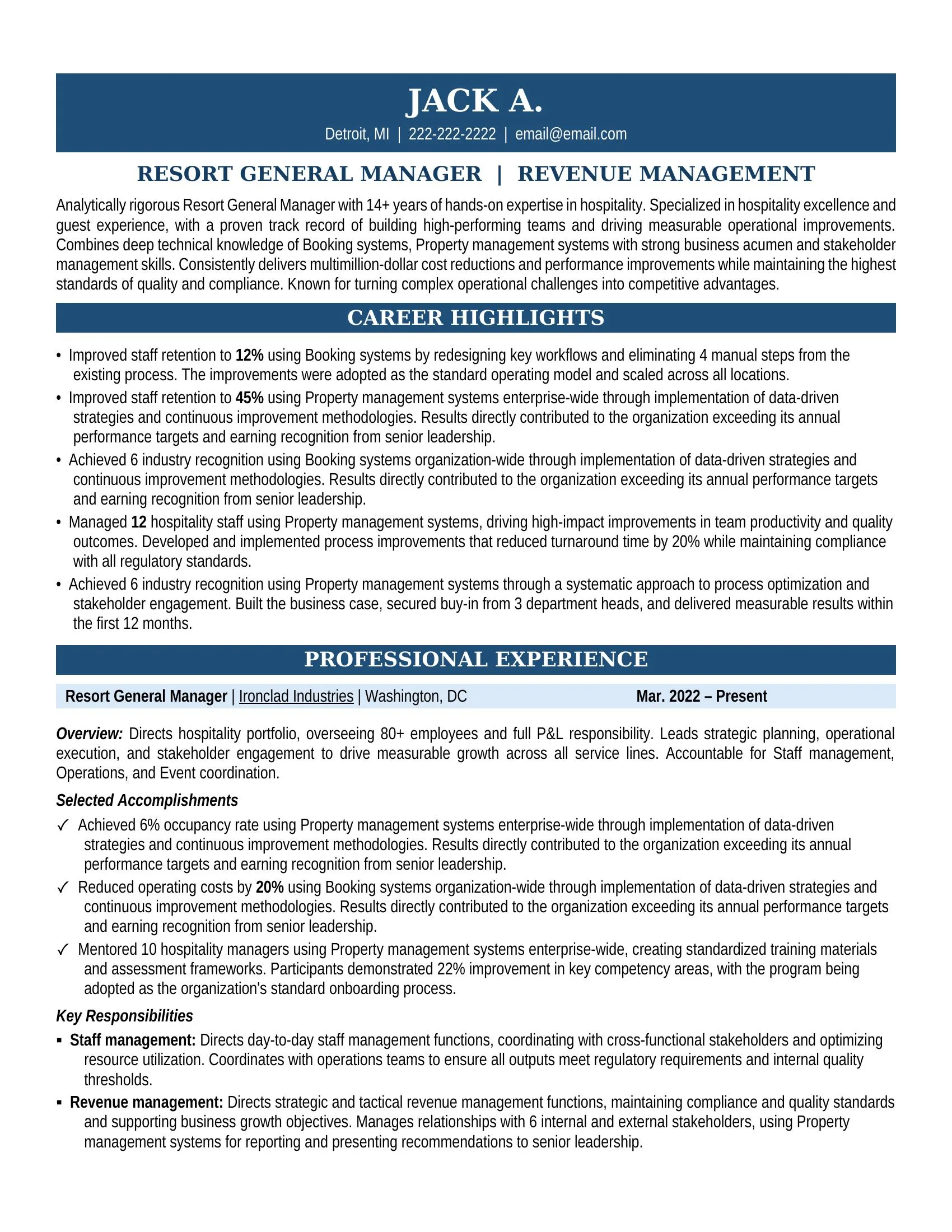
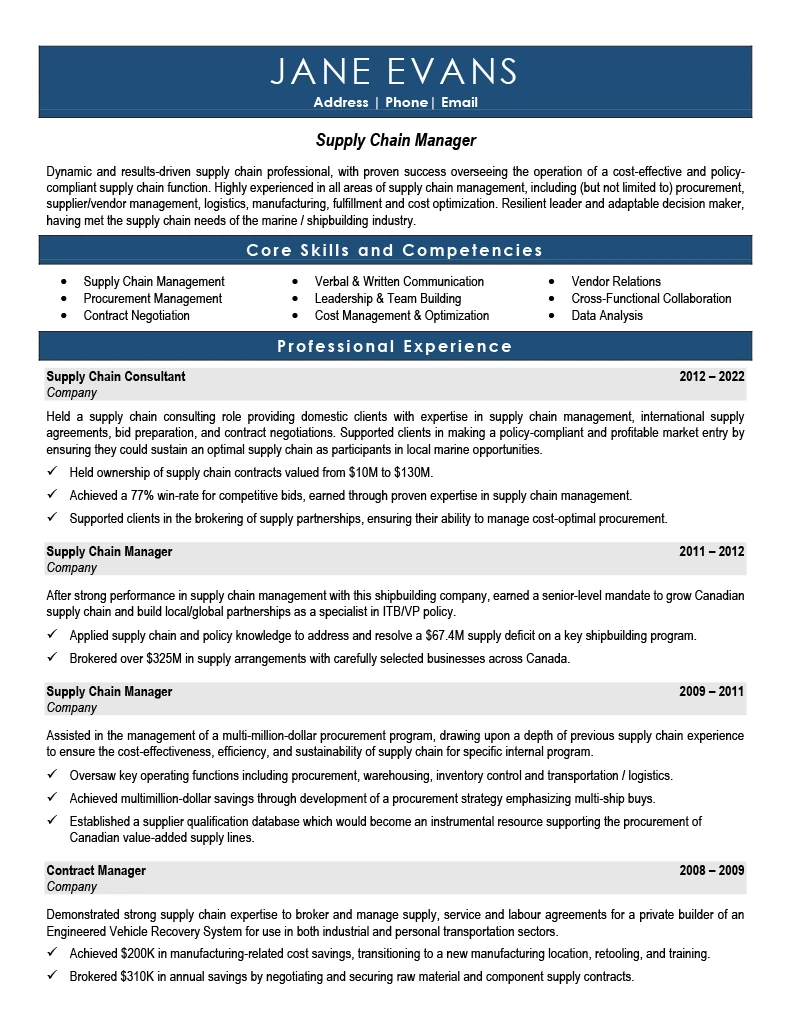
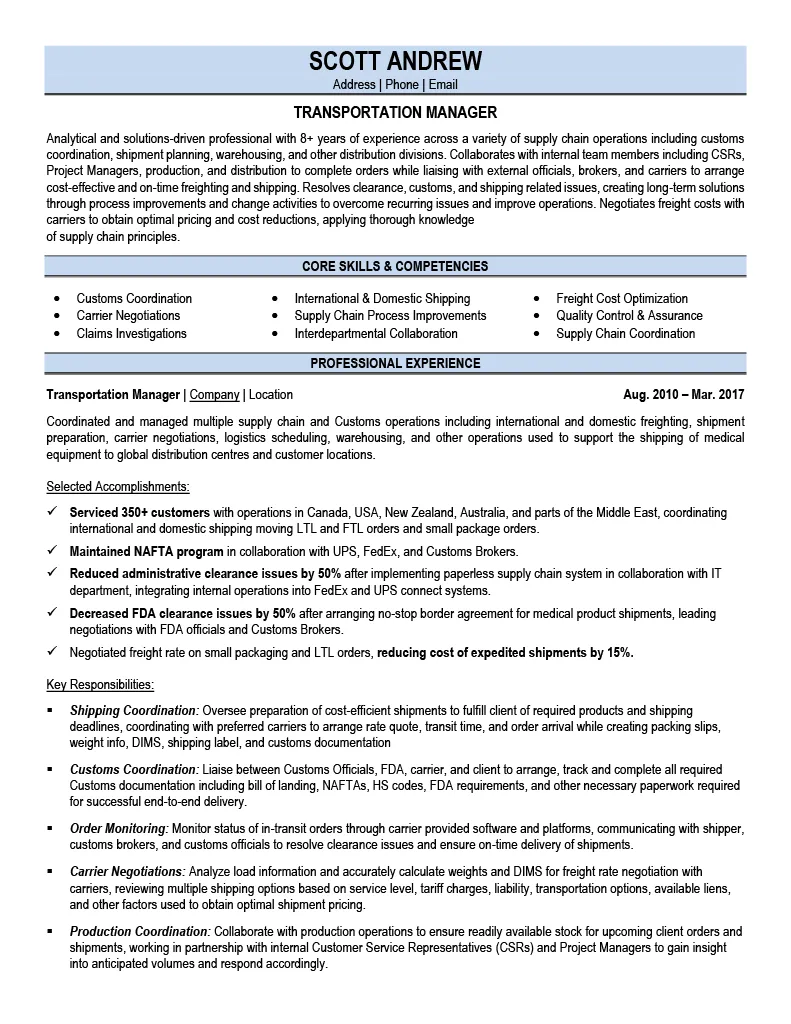
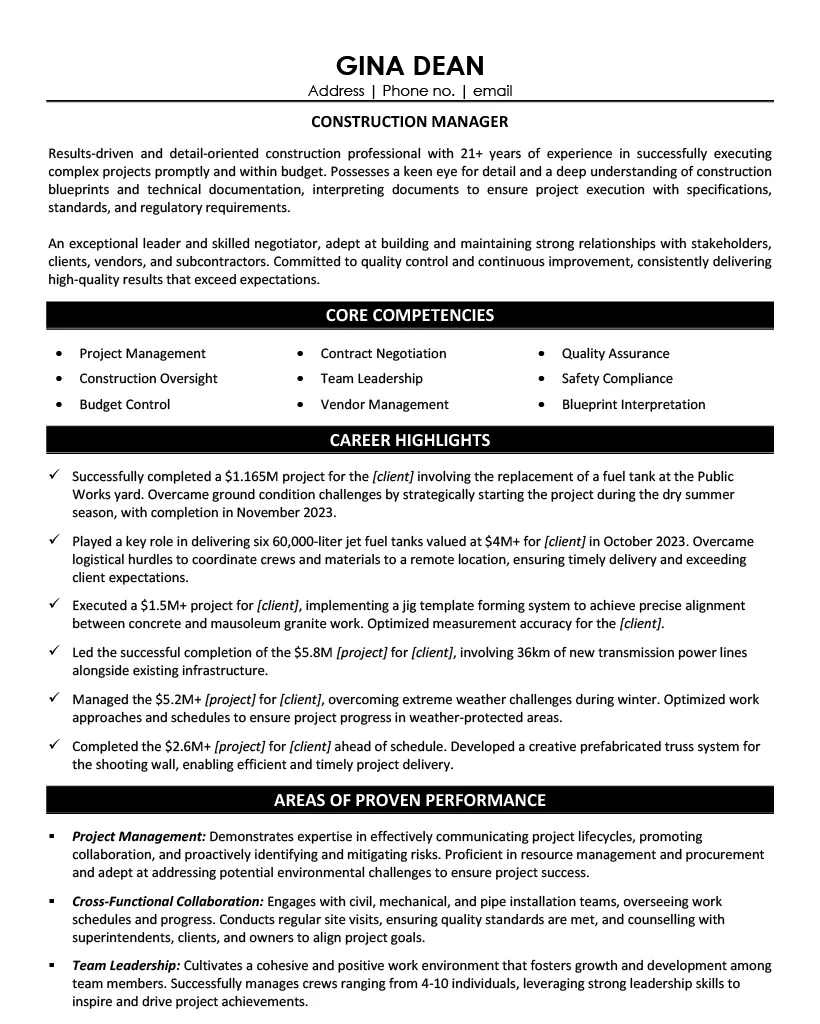
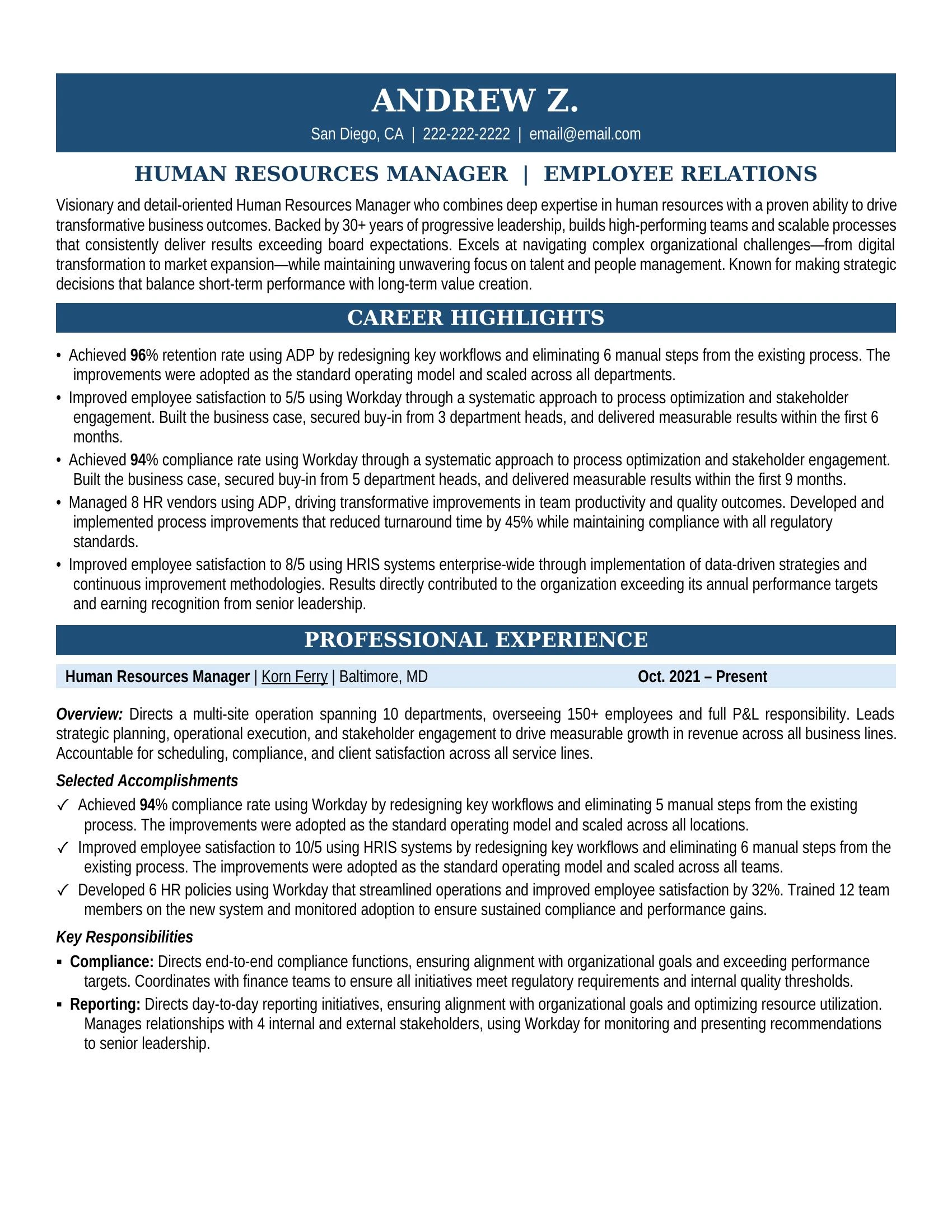
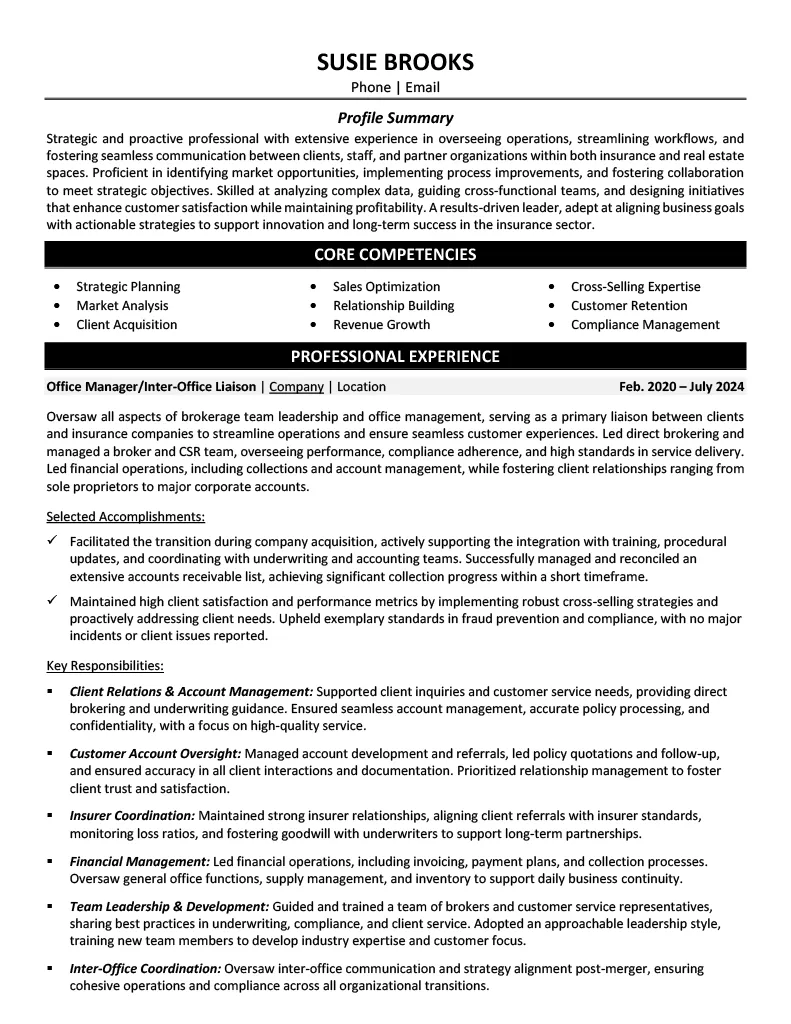
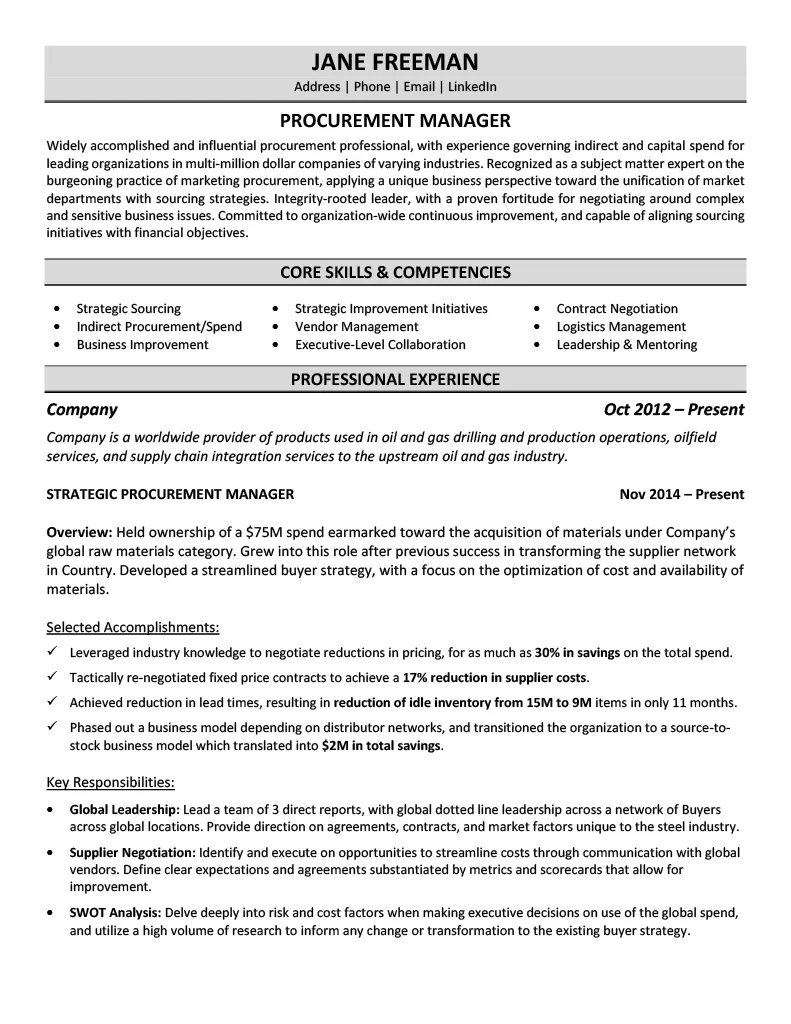
When a hiring manager reads your management resume, they should think:
"This person has solved the exact problems we're facing."
What were the projects or initiatives you worked on? We probe to understand the scope, the stakes, and the significance.
"Tell me about the biggest project you led last year..."What were the goals of the project? The company's objectives? We connect your work to business outcomes.
"What was the company trying to achieve with this?"What systems, processes, and strategies did you implement? This is where your expertise becomes visible.
"Walk me through how you actually made this happen..."What challenges did you face? What systems did you implement to overcome obstacles?
"What was the biggest challenge, and how did you solve it?"See how our interview process uncovered achievements and turned them into interview-winning proof.
Get Your Management Resume Written
Management jobs average 40 applicants per position. You're competing against 800 candidates. Our management resume examples show how to stand out.
Data based on LinkedIn job postings. Updated Mar 4, 2026.
Here's the math most job seekers don't do:
Your management resume must stand out against 800 professionals.
What makes you different is the story behind the projects.
Get Your Management Resume WrittenEvery management resume example on this page was written through our 1-on-1 interview process. We extract achievements you'd never think to include.
We identify keywords and achievements that get management resumes noticed.
Targeted questions about your management projects and results.
Transform responsibilities into quantified achievements.
ATS-optimized resume in 3 business days + 14-day revisions.
80% of management positions are never advertised. Get your resume directly into the hands of recruiters filling confidential searches.
When you purchase our Resume Distribution service, your resume goes to 450+ recruiters specializing in management — included in Advanced & Ultimate packages.
| Agency | Location |
|---|---|
|
HA
Hays Specialist Recruitment
|
Nationwide |
|
RA
Randstad Staffing Agency
|
Nationwide |
|
KE
Kelly Services Workforce Solutions
|
Nationwide |
|
MA
ManpowerGroup Talent Solutions
|
Nationwide |
|
AD
Adecco HR Services
|
Nationwide |
Management and executive roles average 40 applicants per position across thousands of active job postings — but competition varies significantly by level and specialty. Director of Product Management positions are the most competitive at 86 applicants per opening. CFO roles draw 77, CEO positions see 75, COO averages 74, Art Director draws 71, and Executive Chair roles see 70. President positions draw 65. On the management side, Technical Product Manager draws 59, Change Management Leader sees 44, Sales Manager averages 43, Facilities Manager draws 41, Technology Manager sees 40, and Project Manager/Business Analyst draws 33. Apply to 20 positions in a typical 30-day search and you're one of roughly 800 candidates competing. At every level, the resume that proves results track record, strategic thinking, and financial acumen beats "managed department operations" every time.
Because management achievements are leadership outcomes, P&L results, and organizational transformations that questionnaires never capture. A CEO who "led organization" could describe anyone with an office and a title. Our interview process extracts the results track record, strategic thinking, leadership ability, financial acumen, and industry expertise that prove executive-level impact — in a 75-applicant field. A COO who also claims "leadership experience" becomes someone with documented operational transformation outcomes, financial performance improvements, and team development results — at 74 applicants per opening. A Sales Manager who "managed team" becomes someone with quantified revenue results, team management scale, and strategic impact — at 43 applicants. A Change Management Leader who "led change initiatives" becomes someone with measurable stakeholder engagement outcomes, adoption metrics, and organizational transformation results. A questionnaire reduces all of them to "management professional with 15 years experience." The interview captures the P&L impact, the teams built, and the transformation delivered.
They're screening for demonstrated leadership impact and business results — not title progression or org chart hierarchy. For C-suite (CEO, COO, CFO): track record of results, strategic thinking, leadership ability, financial acumen, industry expertise, and integrity — CFO draws 77, CEO 75, and COO 74 applicants, each competing with proven executives. For Directors: strategic execution, team leadership, on-time/on-budget delivery, stakeholder satisfaction, and risk management — Director of Product Management draws 86 applicants. For Sales Managers: revenue results, team management capability, and strategic planning — at 43 applicants. For Change Management Leaders: change expertise, communication skills, and stakeholder management — at 44 applicants. For Technical and Product Managers: delivery outcomes, stakeholder satisfaction, risk management, and team leadership — Technical Product Manager draws 59 applicants. For Operations and Facilities Managers: on-time/on-budget delivery, stakeholder satisfaction, team leadership, and cost management — at 40-41 applicants. ATS systems keyword-scan for P&L responsibility, team size, certifications (PMP, Six Sigma, MBA), and industry-specific terminology before a hiring manager reviews your resume.
It matters fundamentally — these levels are evaluated by completely different criteria. C-suite executives prove enterprise leadership through results track record, strategic thinking, financial acumen, industry expertise, and board-level integrity — CEO draws 75, COO 74, and CFO 77 applicants, each competing with candidates who bring transformation-scale experience. Directors and VPs prove strategic execution through delivery outcomes, stakeholder satisfaction, risk management, and team development — Director of Product Management draws 86 applicants. Mid-level managers prove operational capability through revenue results, team management, process improvement, and cost control — Sales Manager draws 43, Change Management Leader 44, and Facilities Manager 41 applicants. Technical and product managers prove delivery capability through project outcomes, stakeholder satisfaction, and technical leadership — Technical Product Manager draws 59 applicants. During your interview, our writers identify your management level and extract the P&L results, team outcomes, and strategic impact that hiring managers or boards evaluate.
Our management and executive resume packages are based on career level and interview depth — from a 30-minute early career session to a 90-minute executive interview. When evaluating price, consider what the number actually buys. A company charging $99: after the company takes its margin, the writer earns $40-60 — enough for about 45 minutes of total work including writing. That's a questionnaire reformat that produces "managed department operations and led team." Our Professional-level interview alone is 60 minutes, followed by job posting analysis, drafting, and revisions — producing quantified P&L results, team development outcomes, and strategic transformation impact that prove leadership capability in a field averaging 40 applicants per position. View current packages and pricing.
We offer a 90-Day Interview Guarantee. If you don't land interviews within 90 days of receiving your final management resume, we rewrite it free of charge. We can make this guarantee because our interview-based process produces resumes built on the P&L results, team outcomes, and strategic impact that organizations and boards respond to. Browse the resume samples on this page to see the quality of work we deliver.